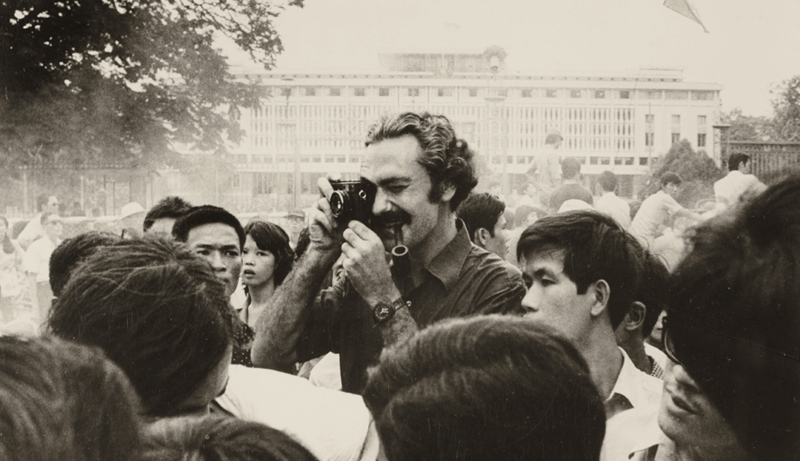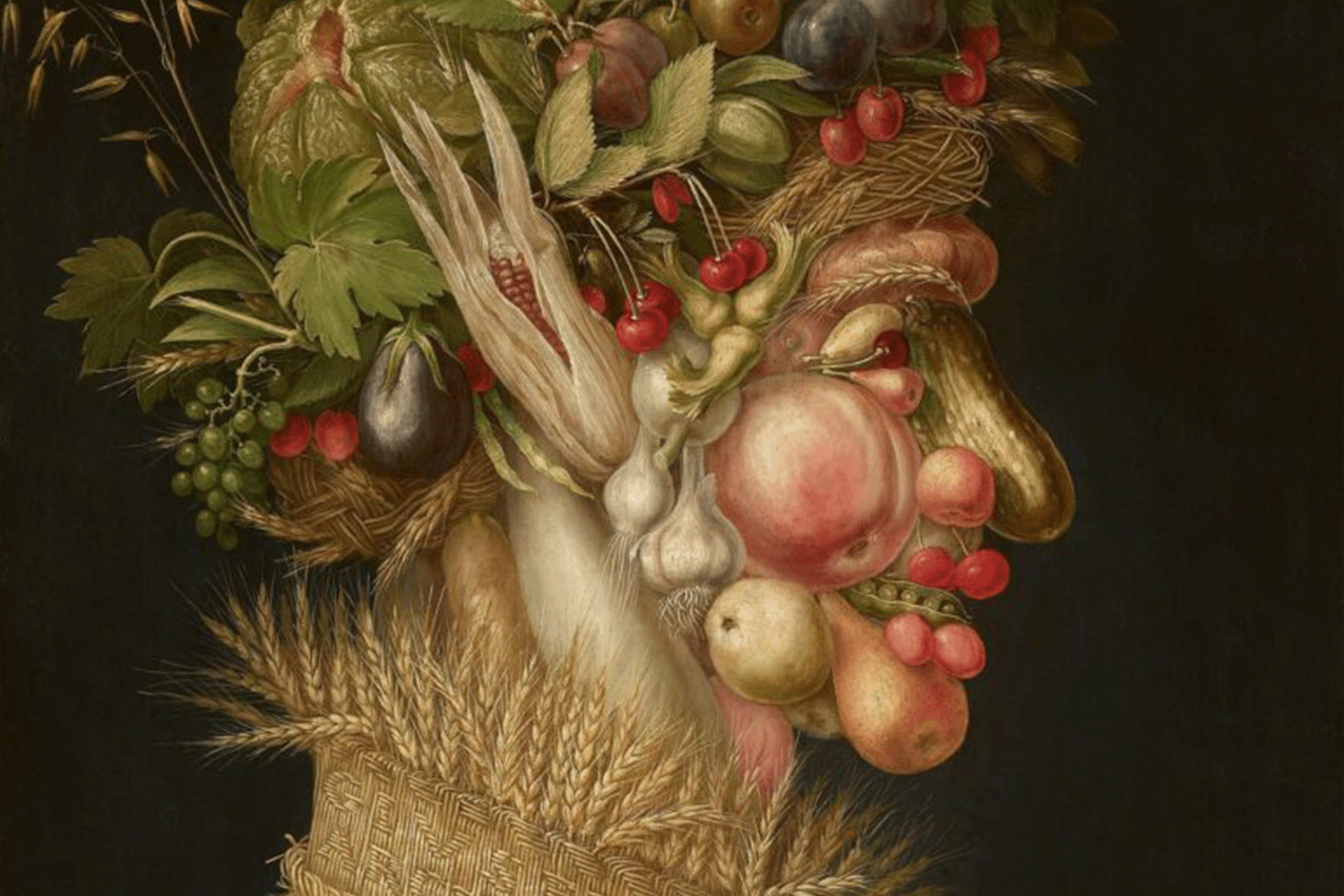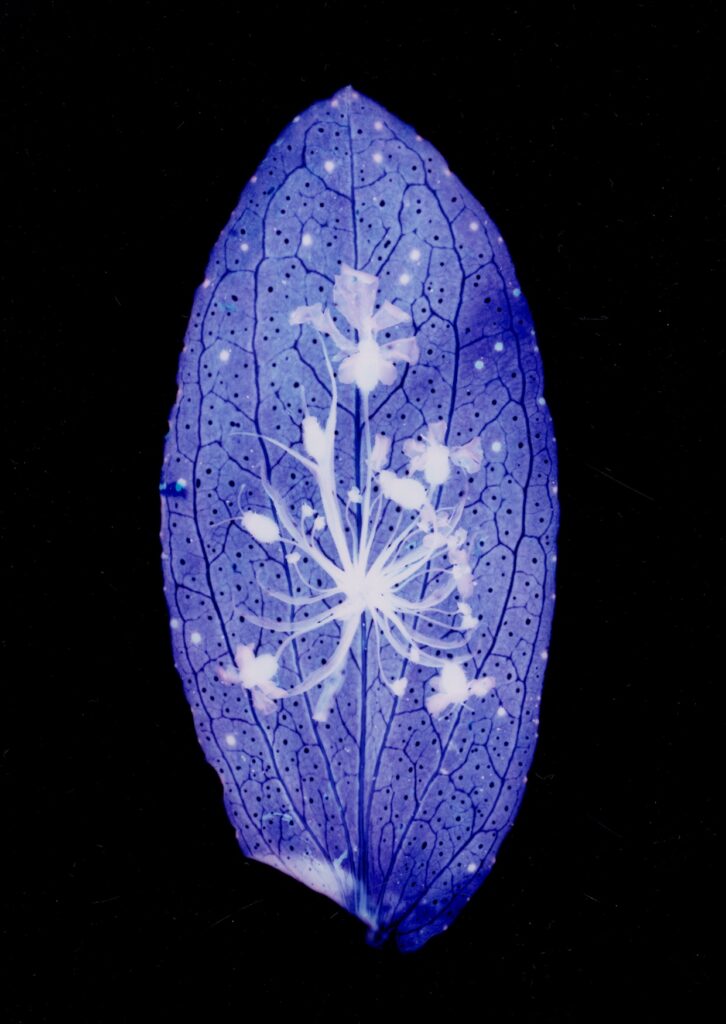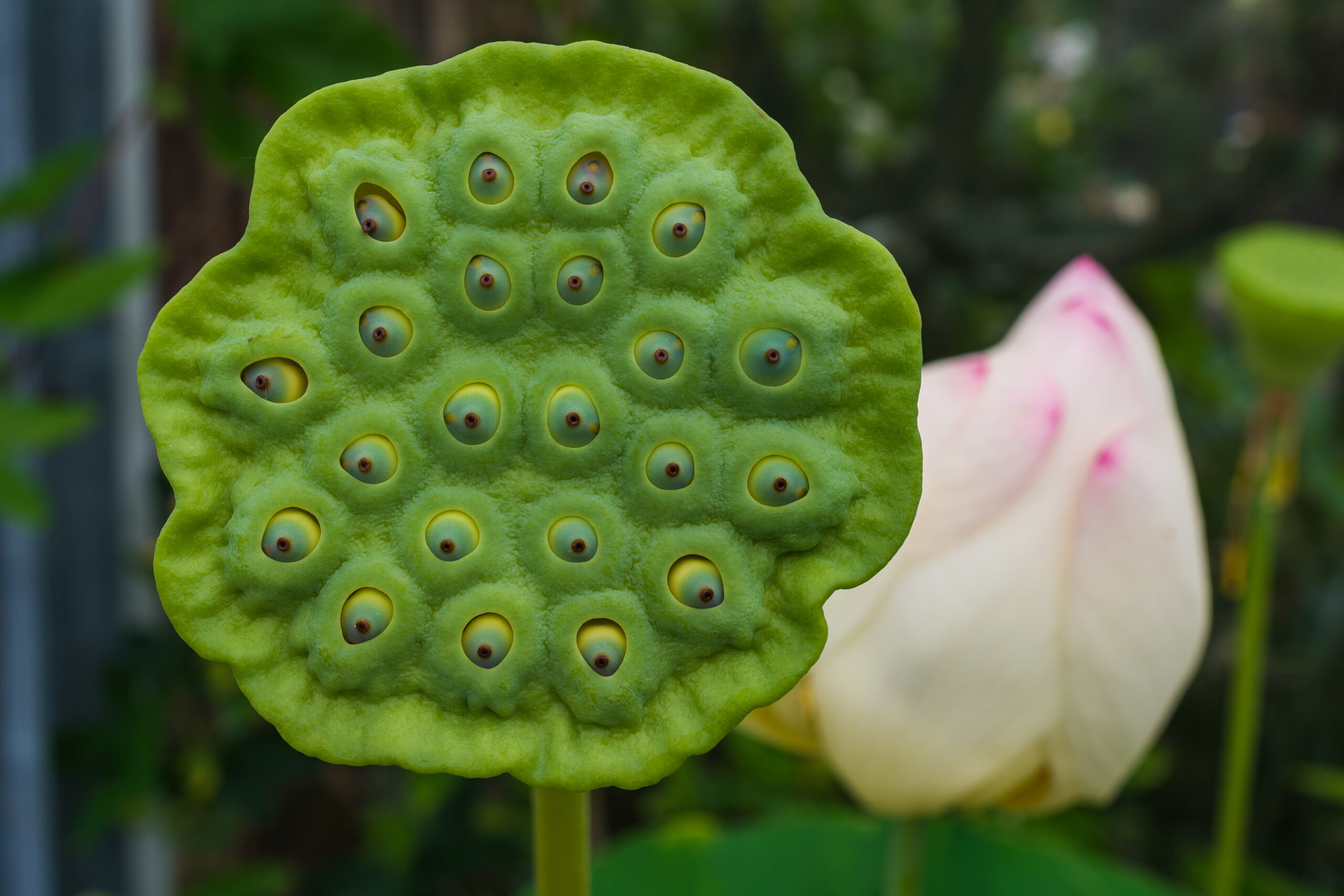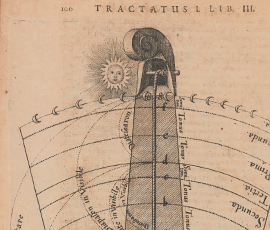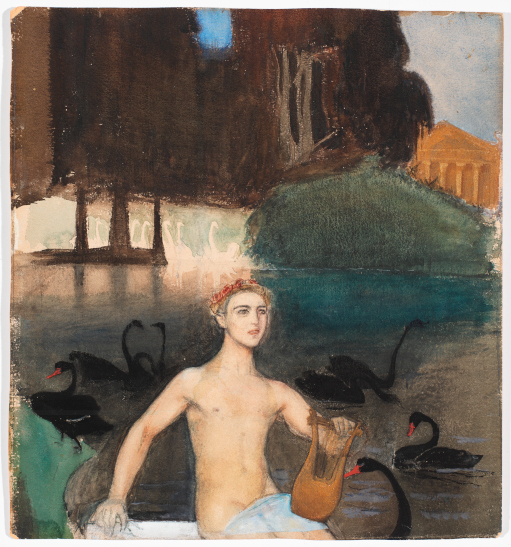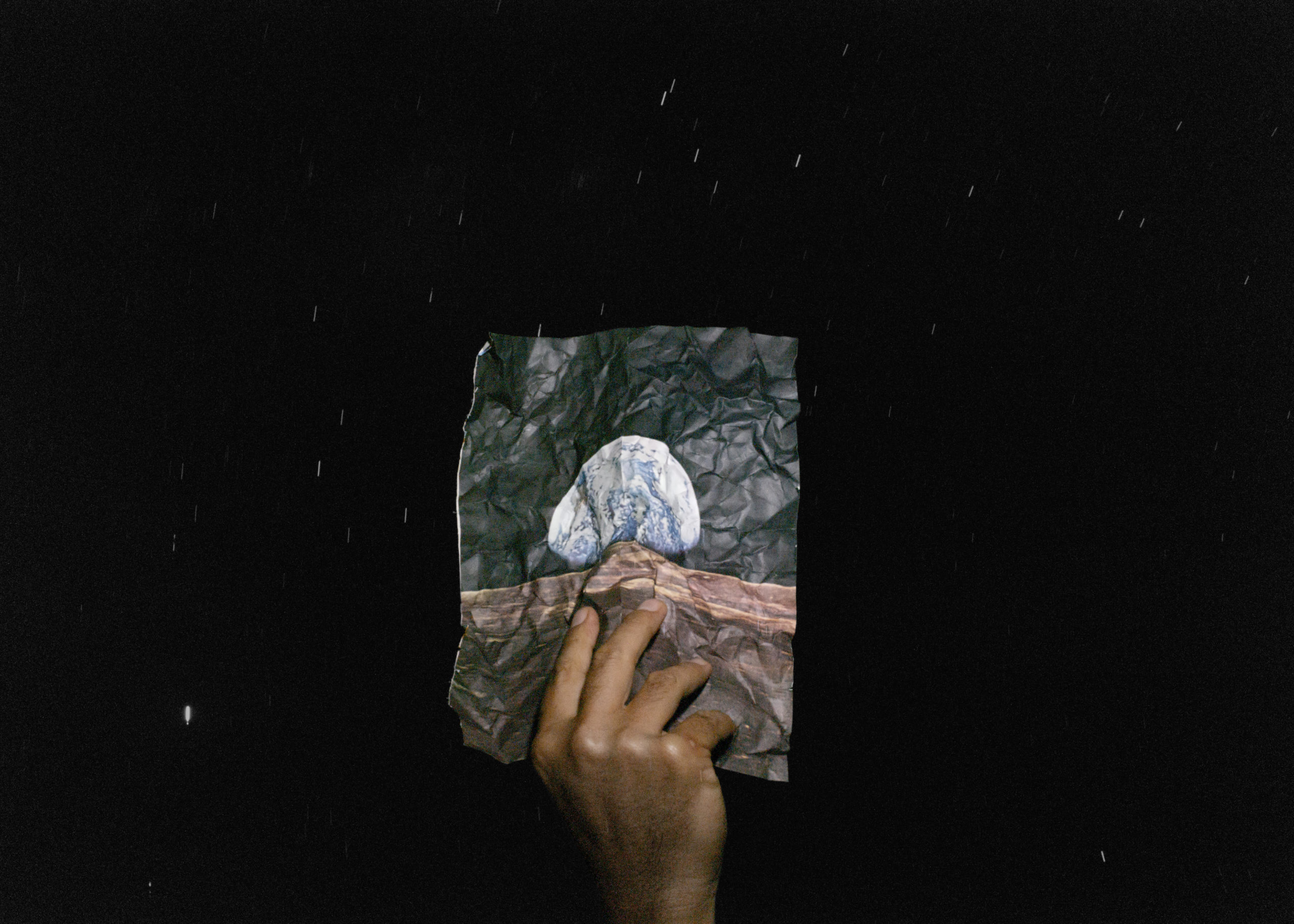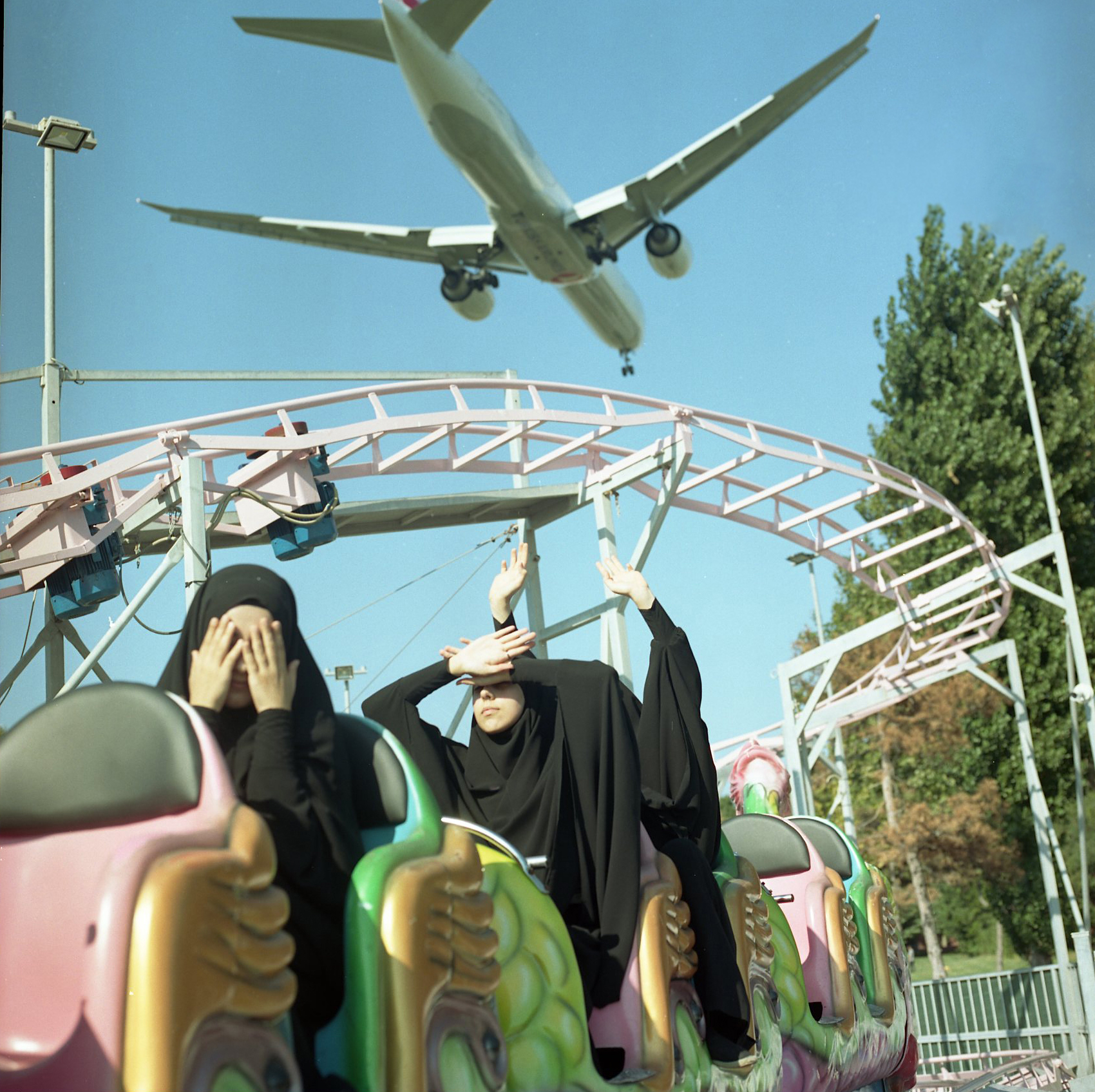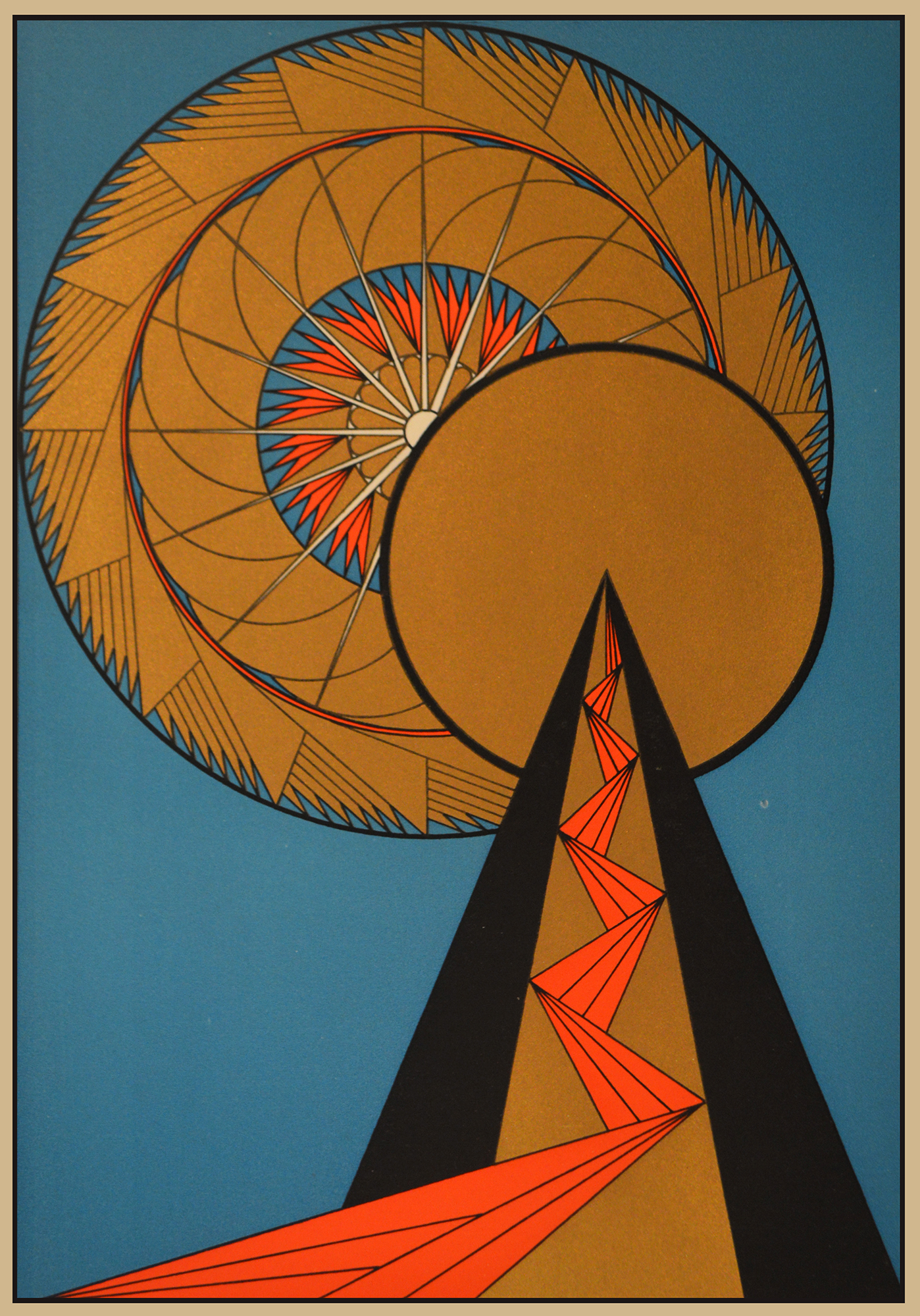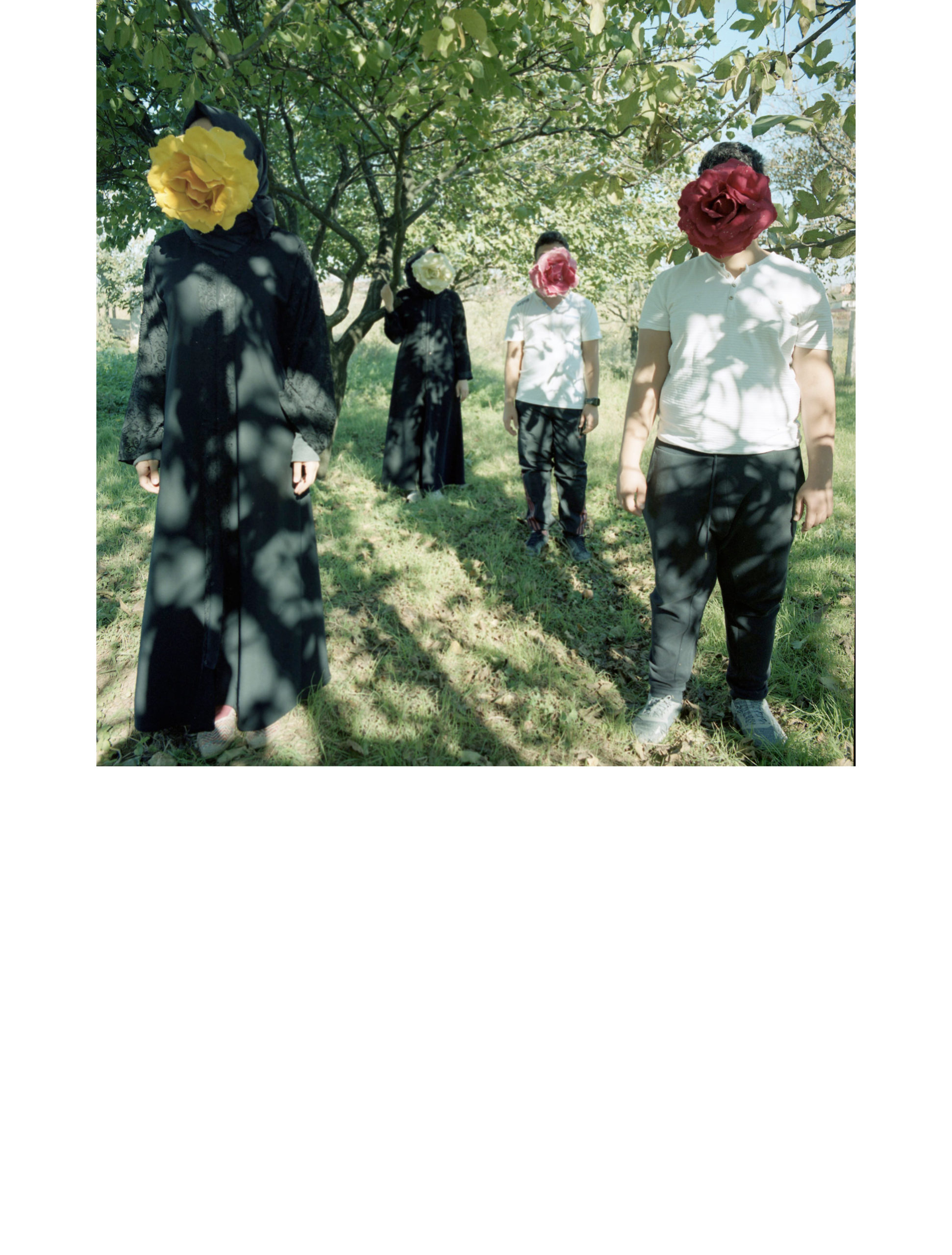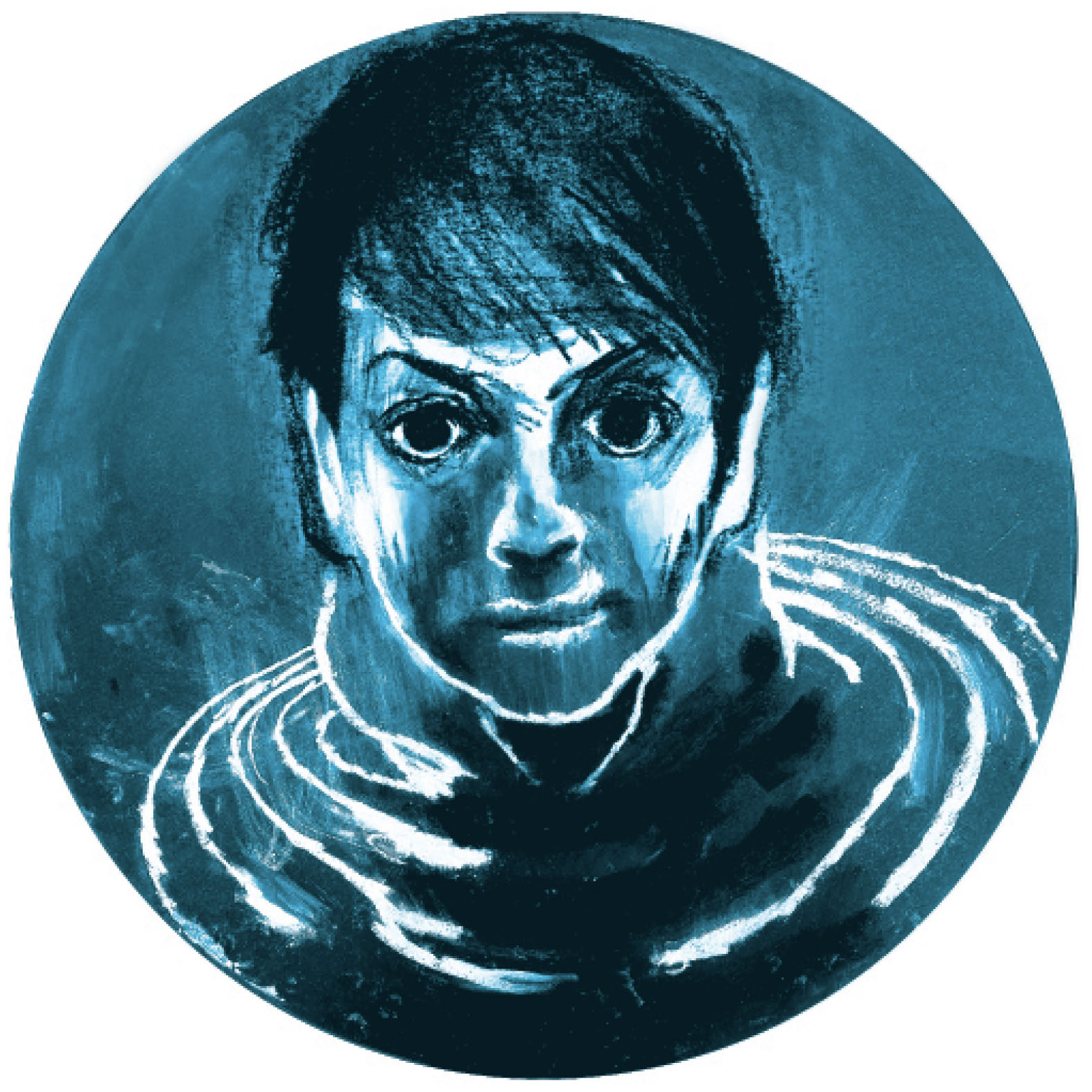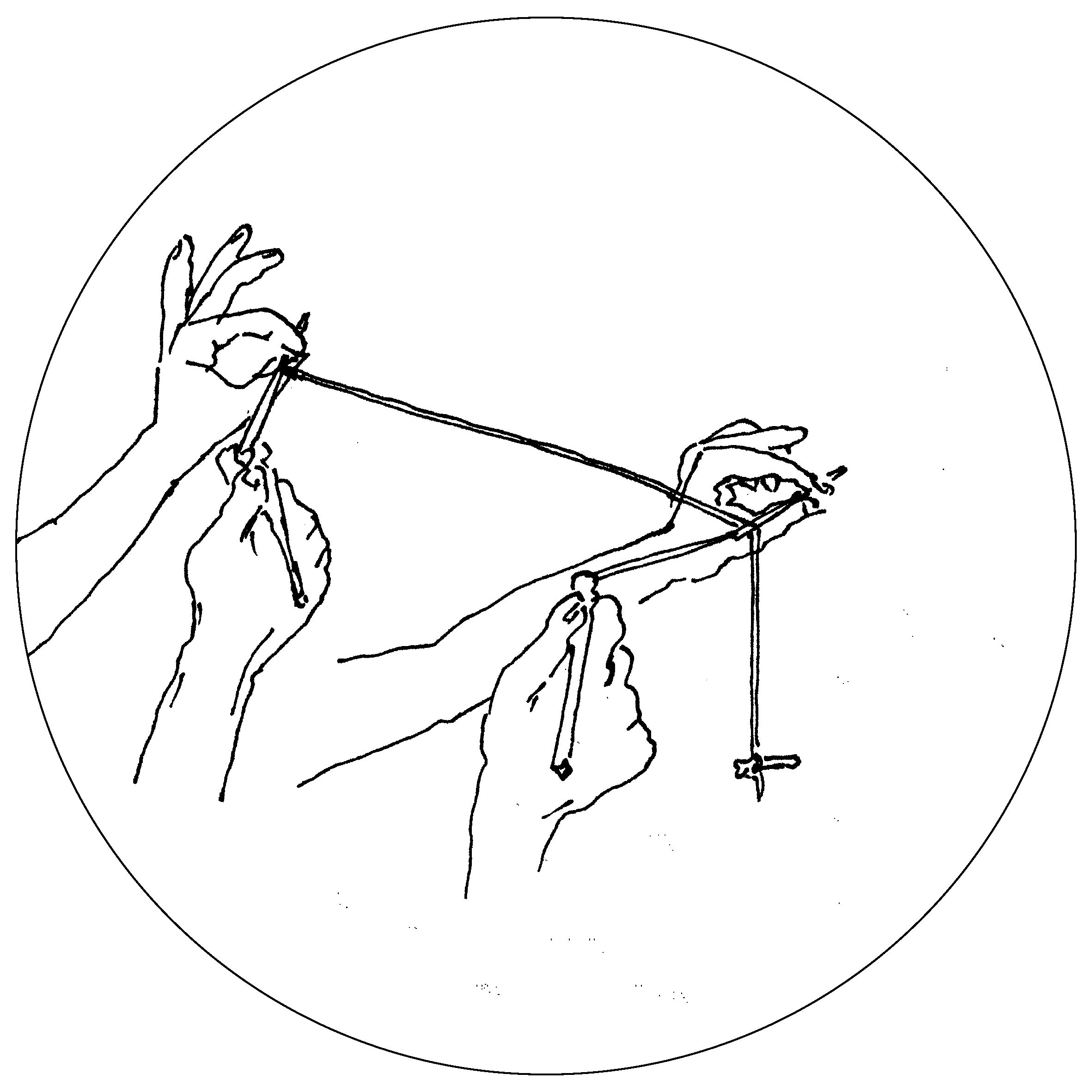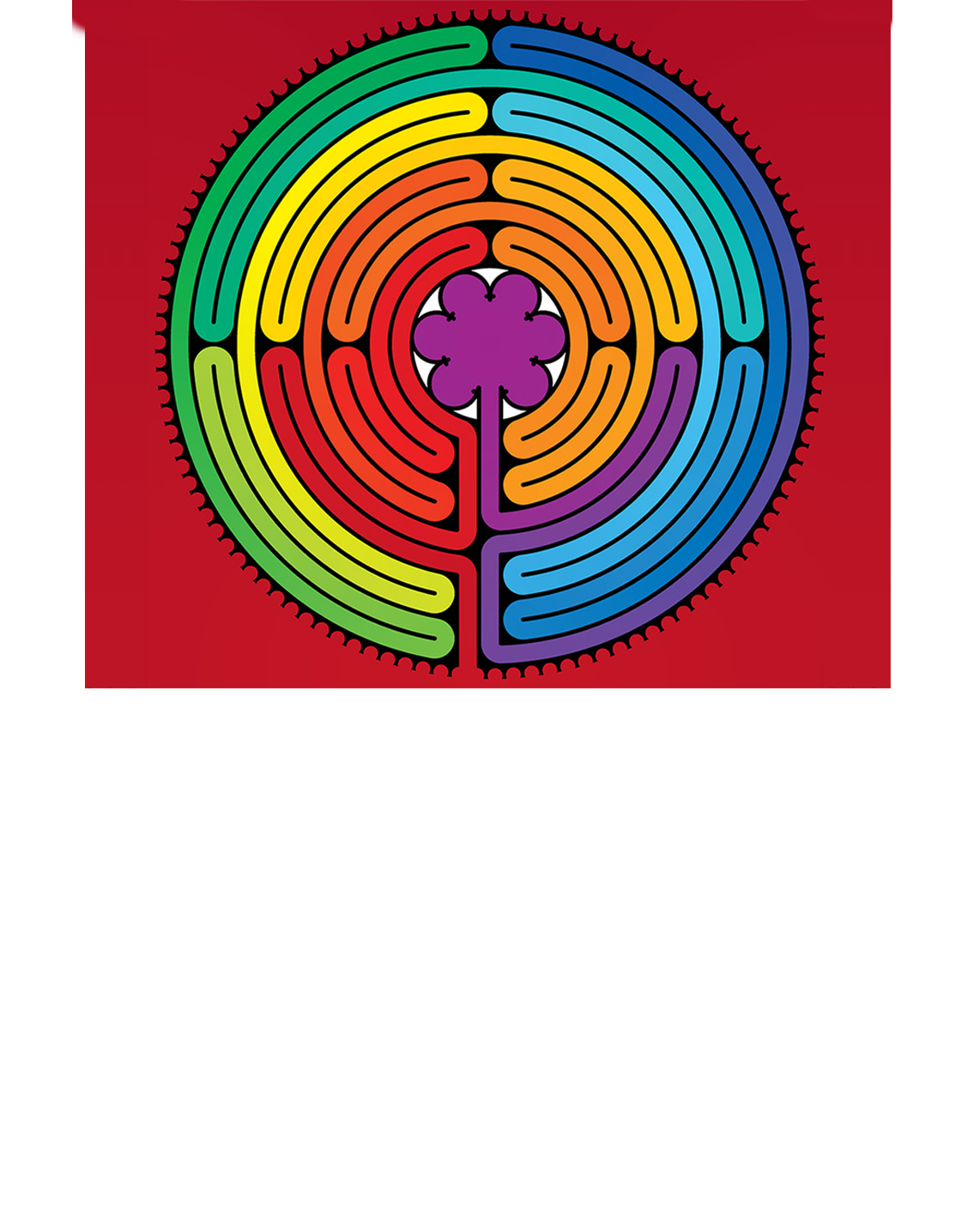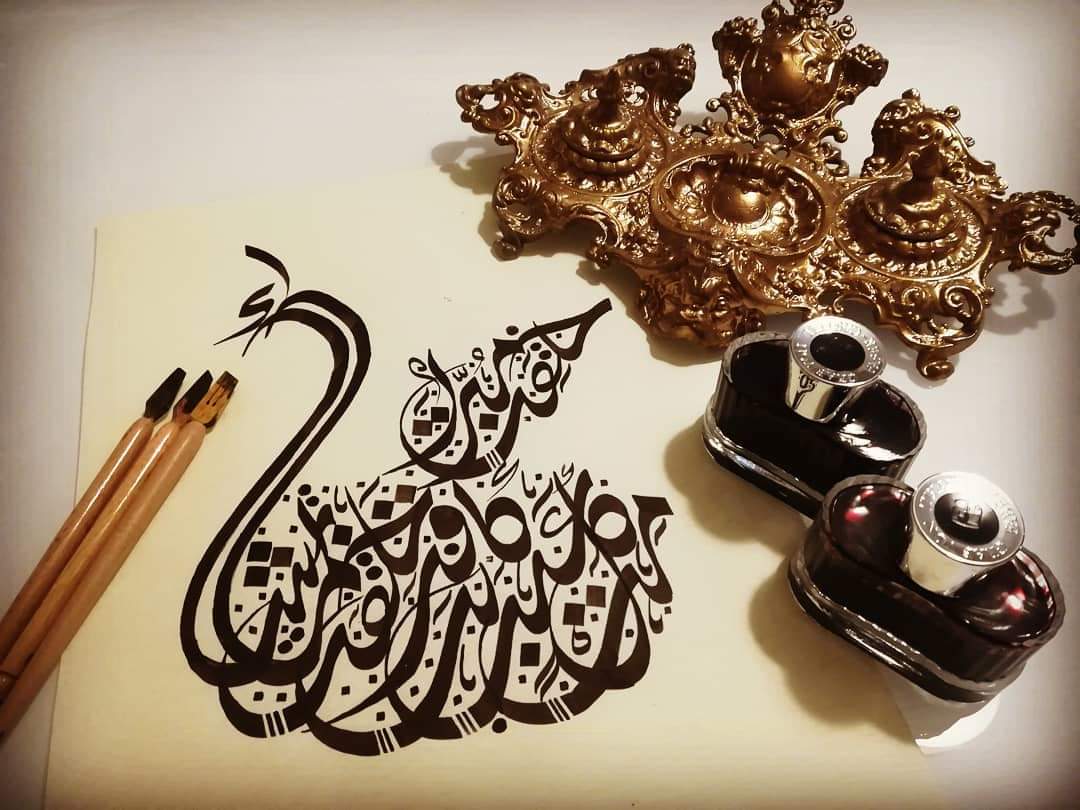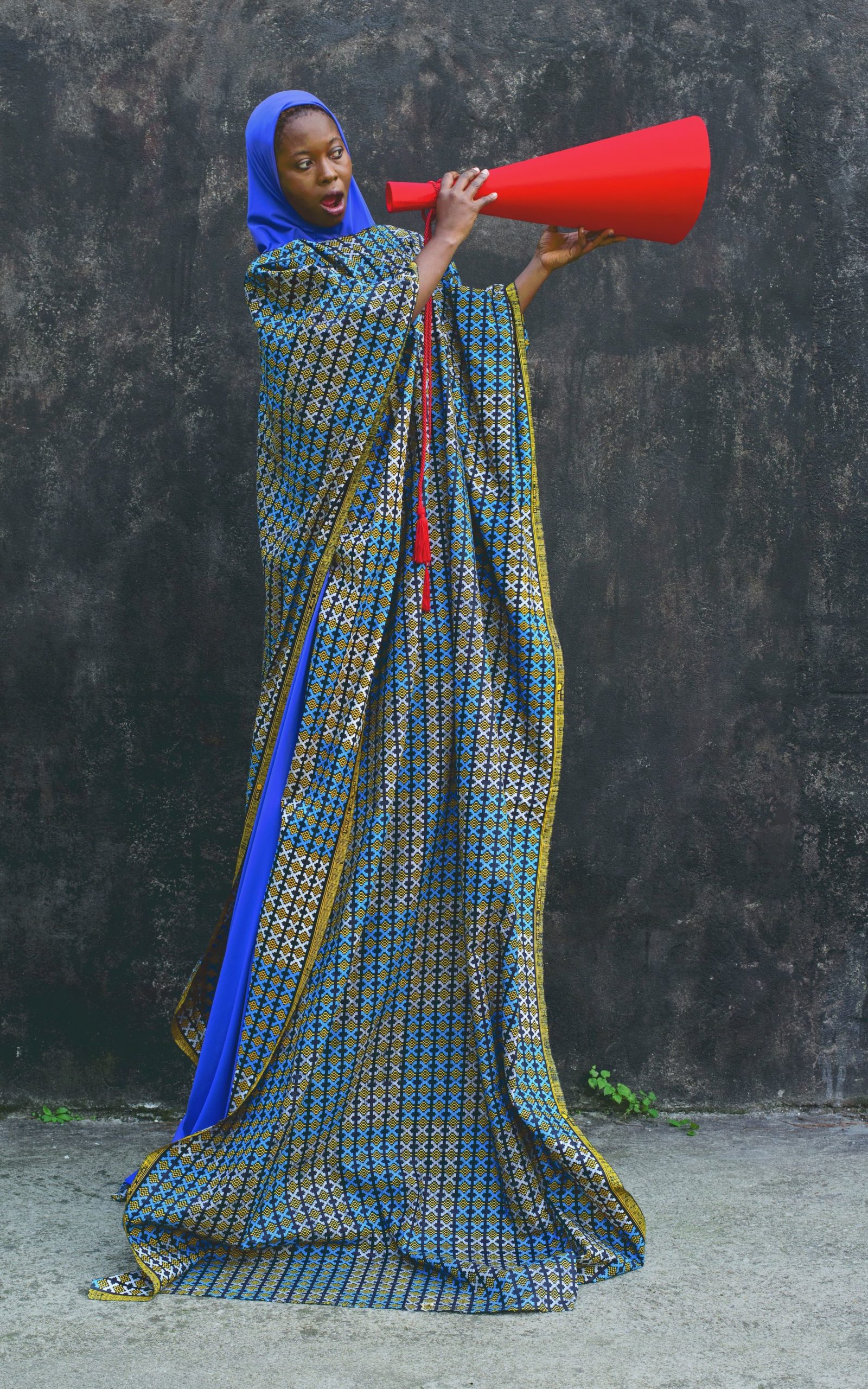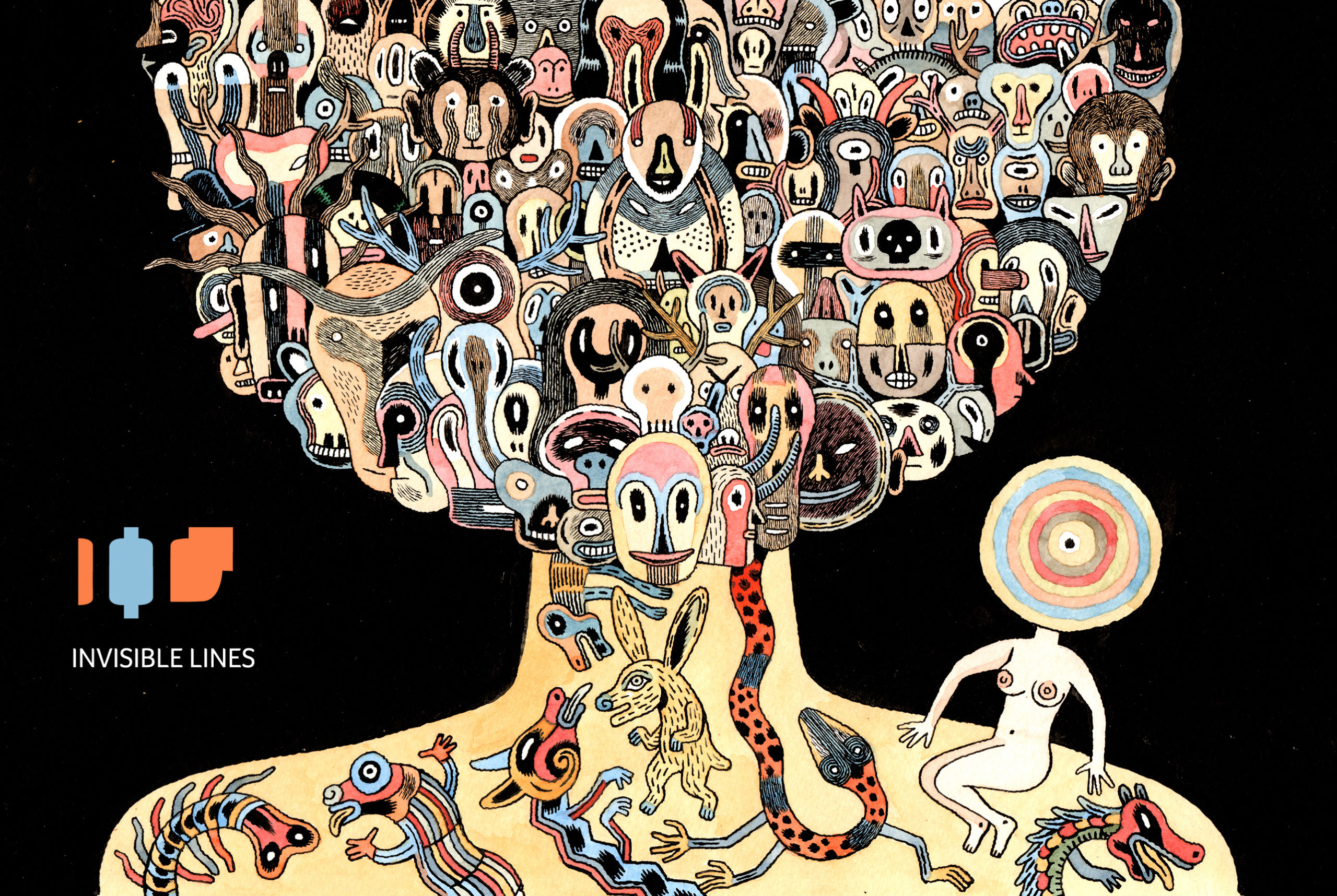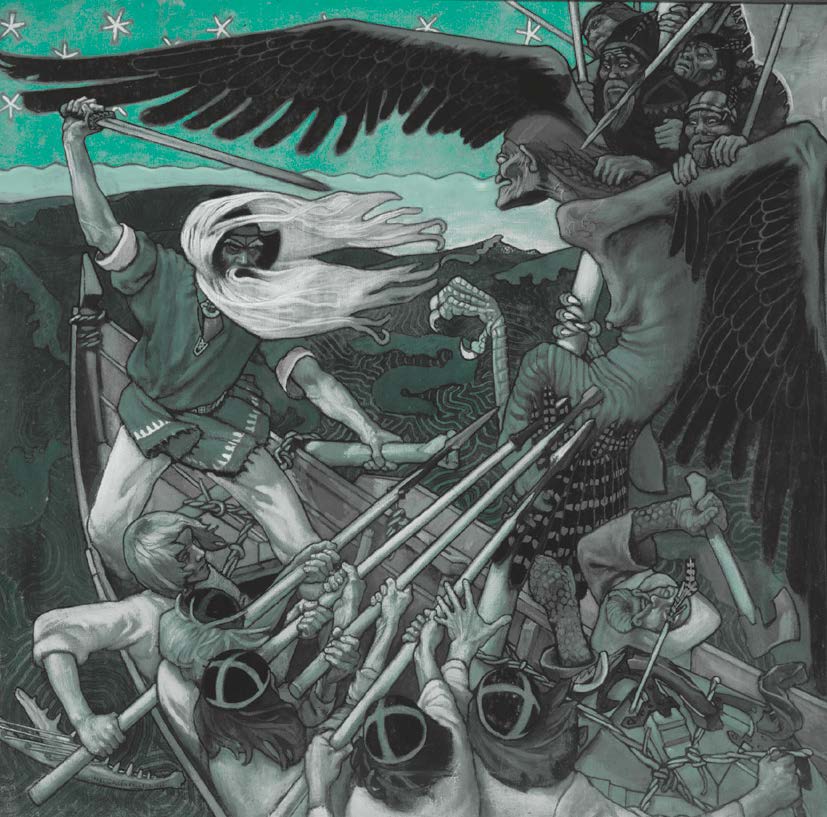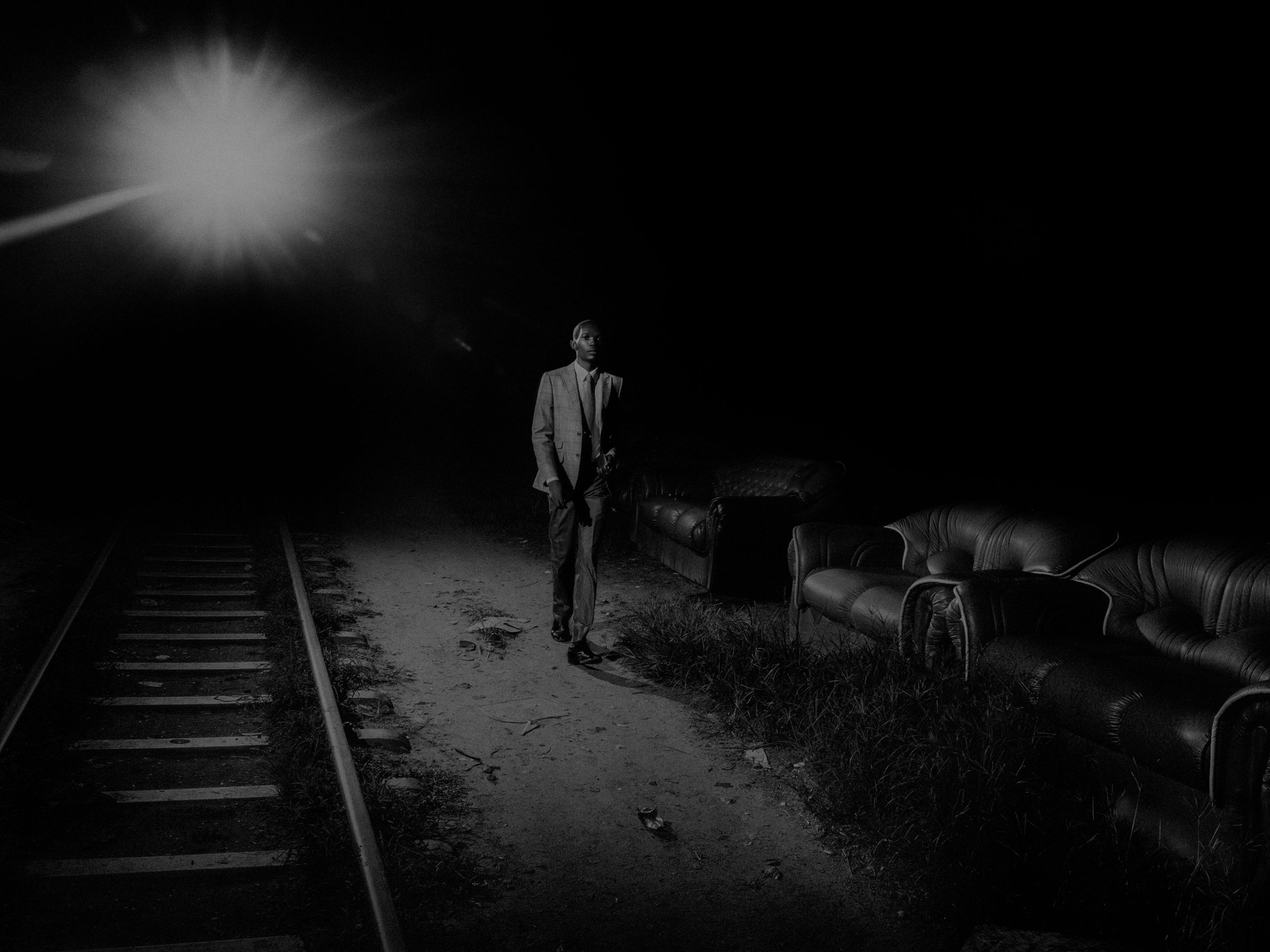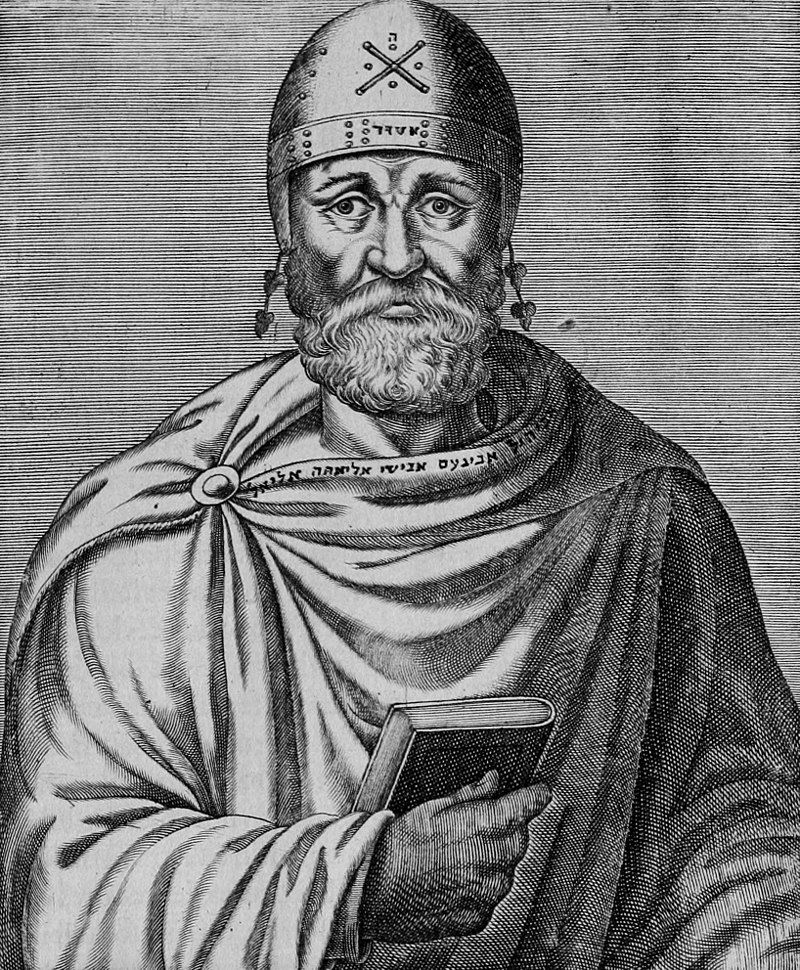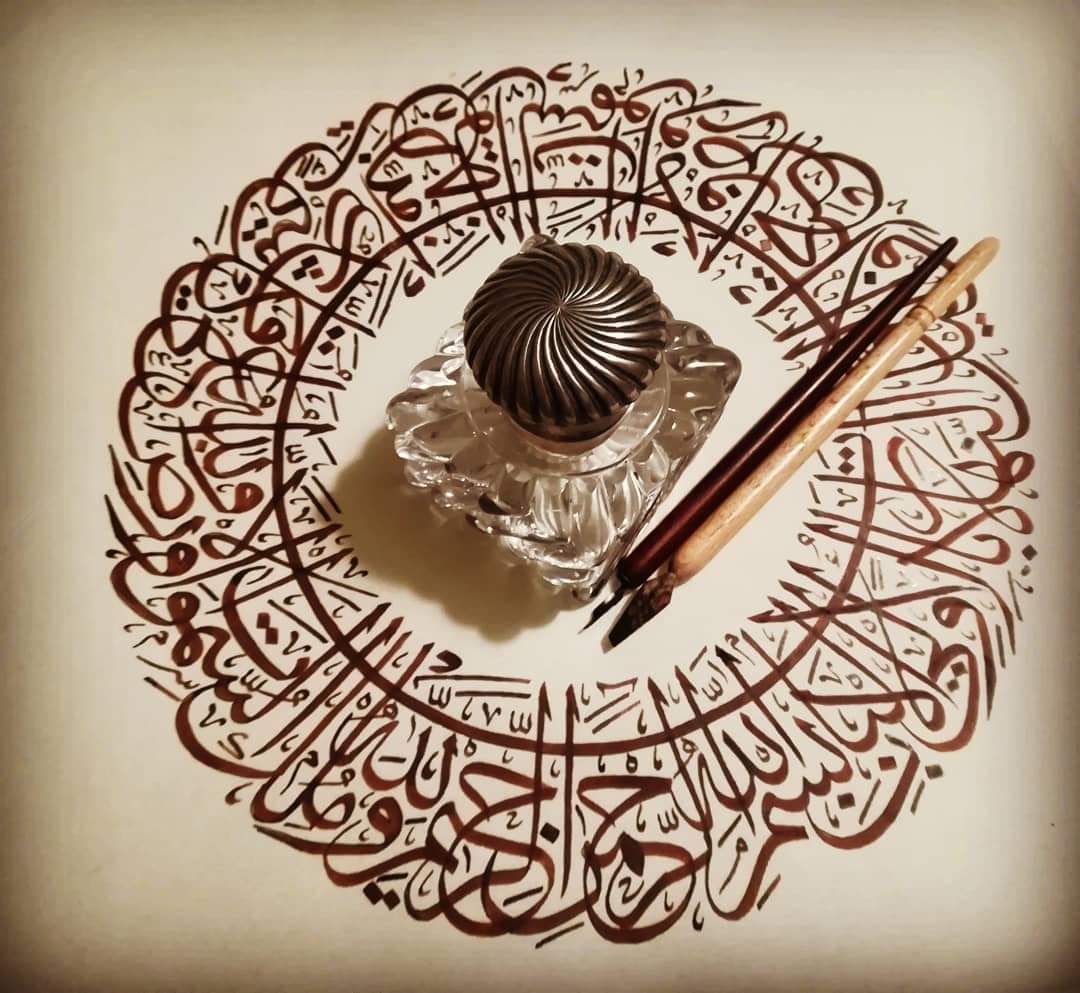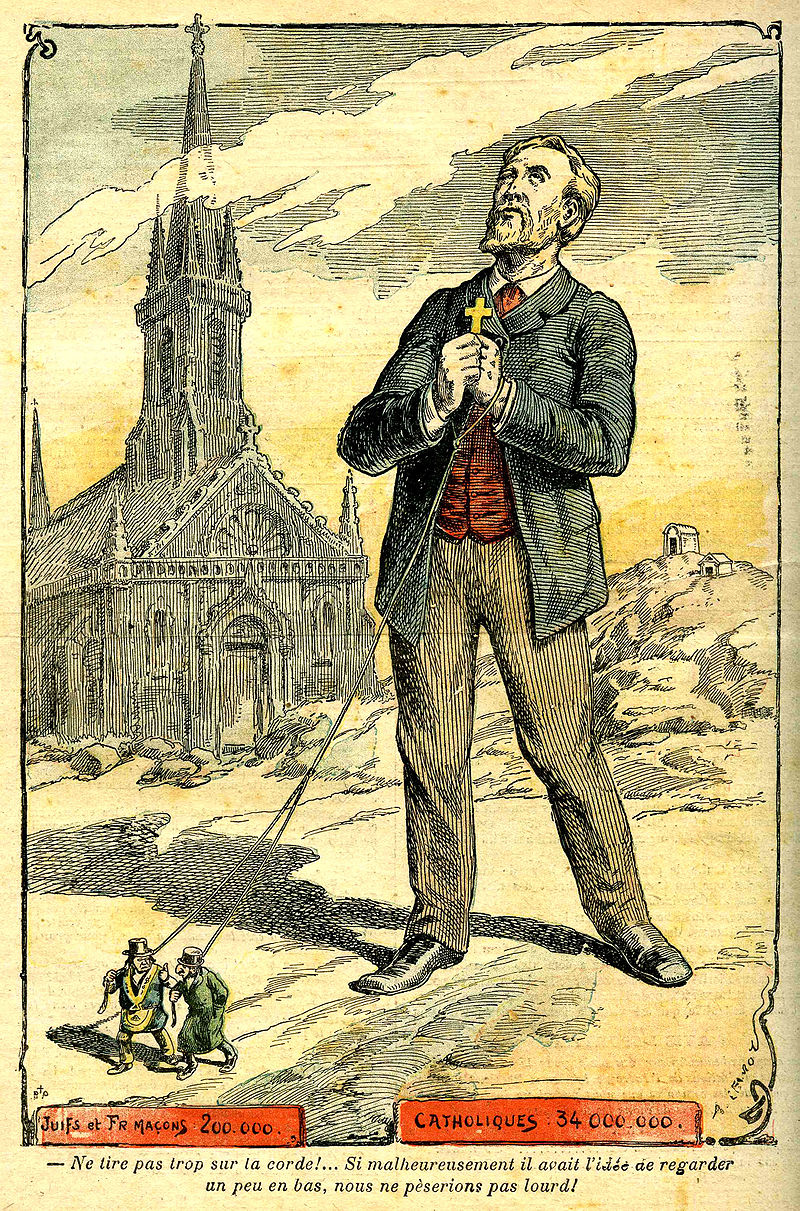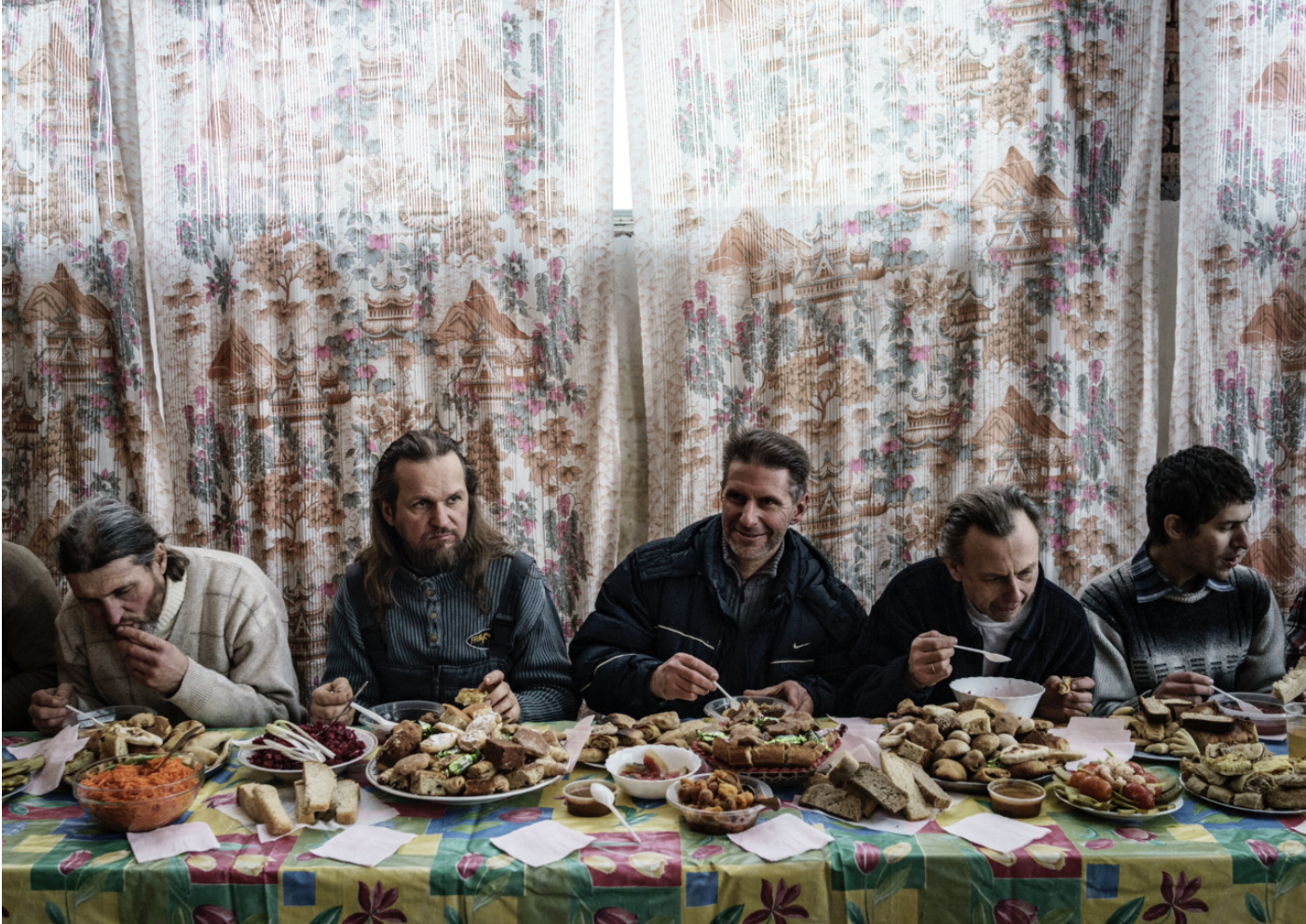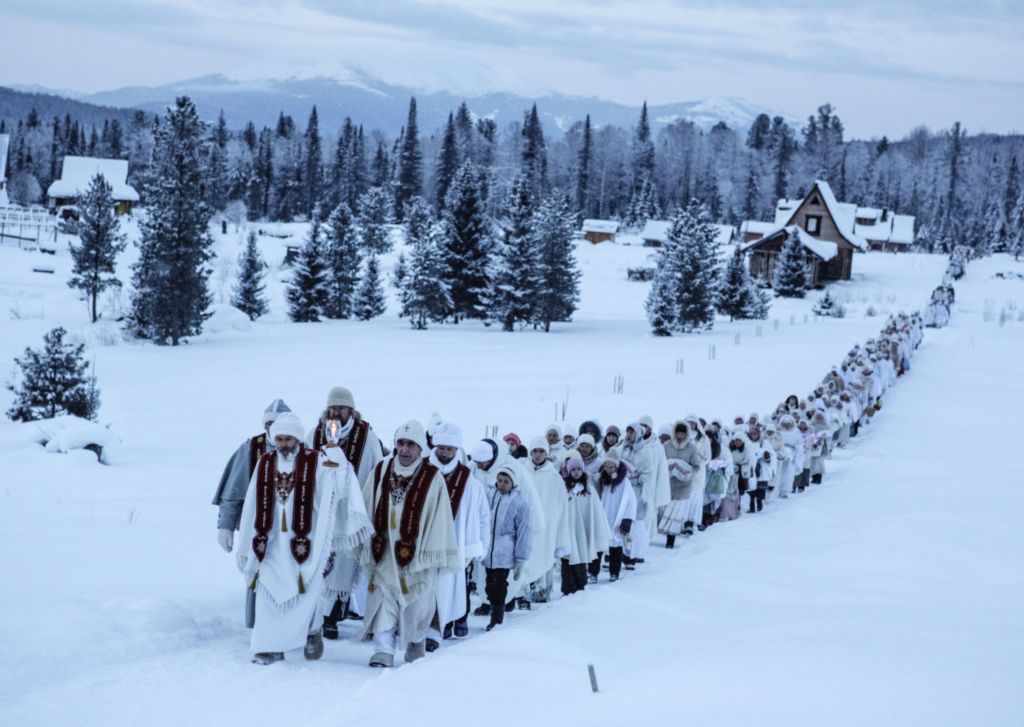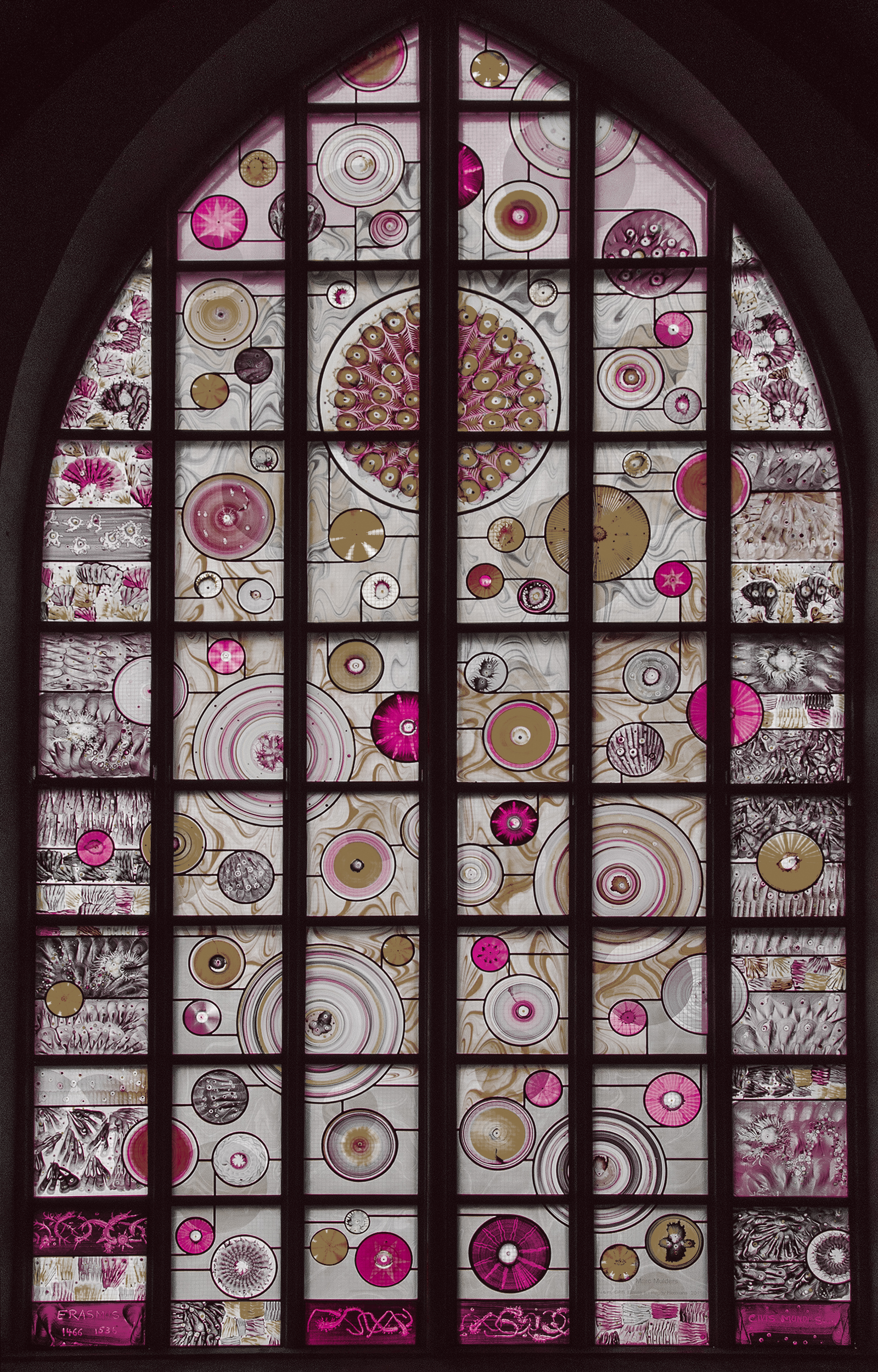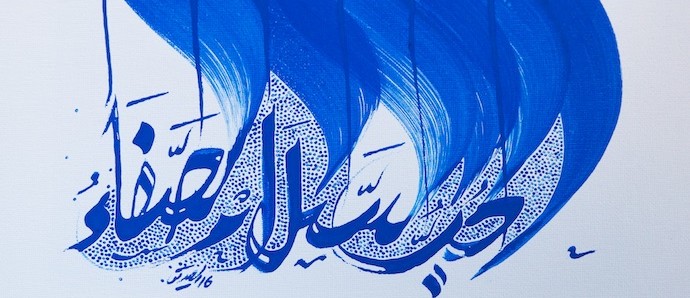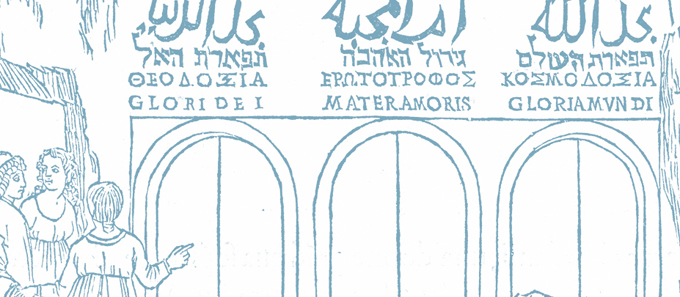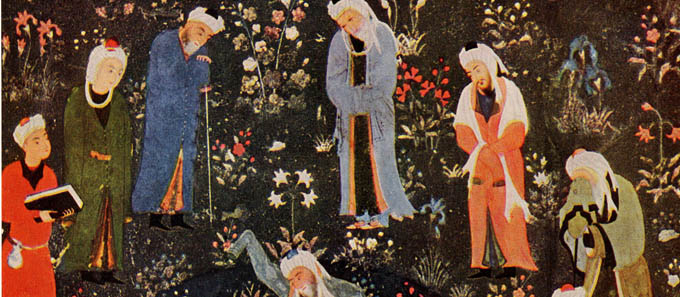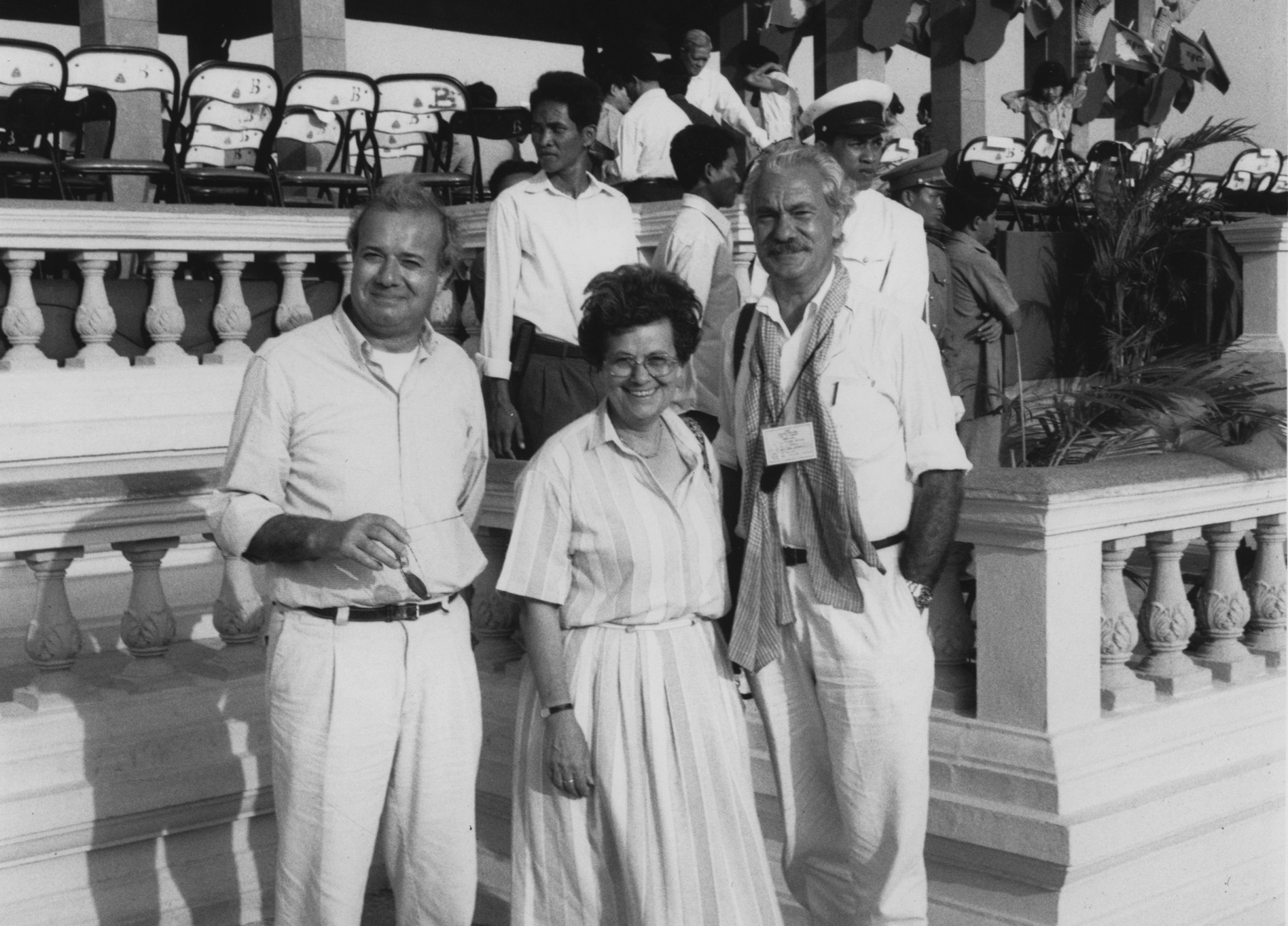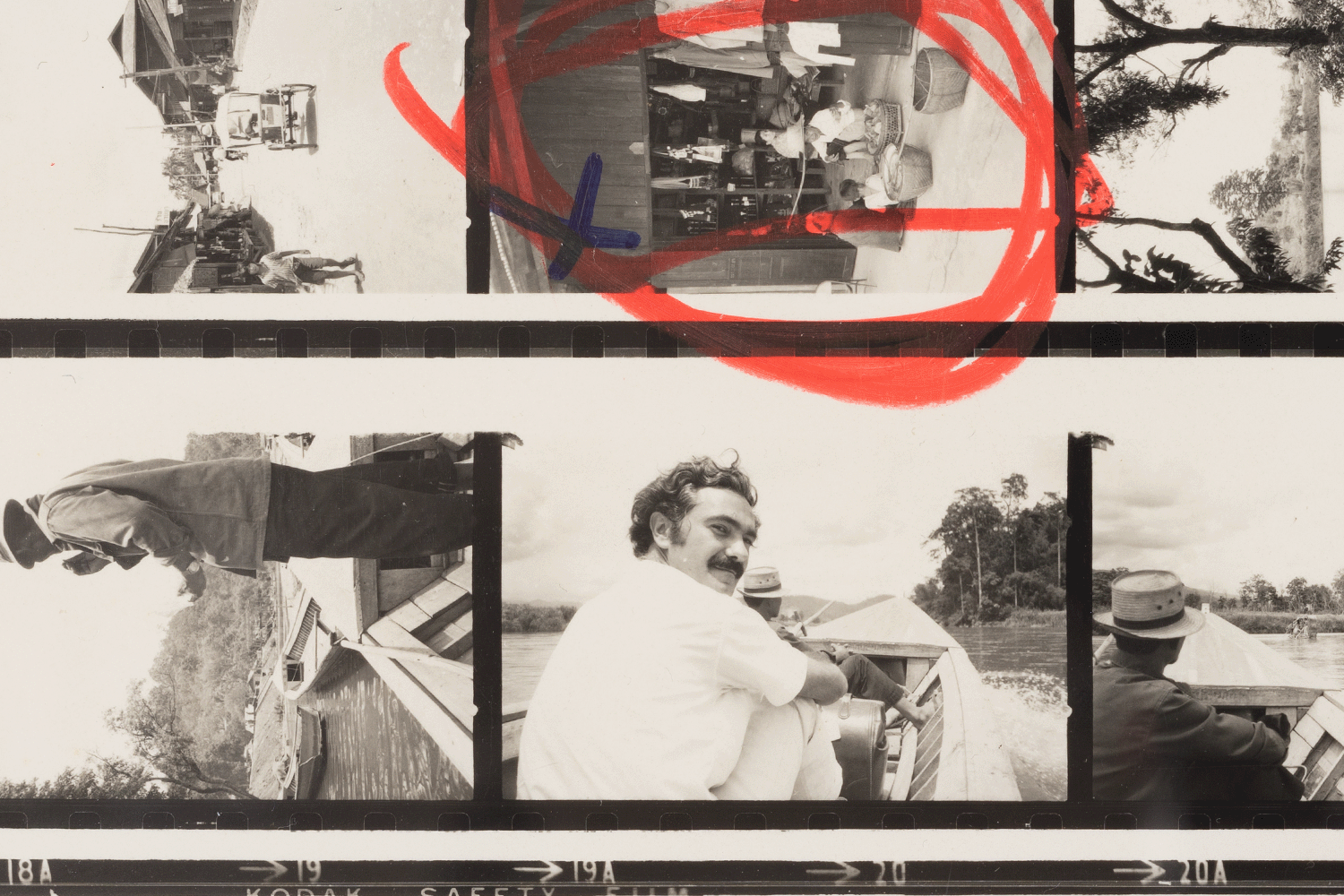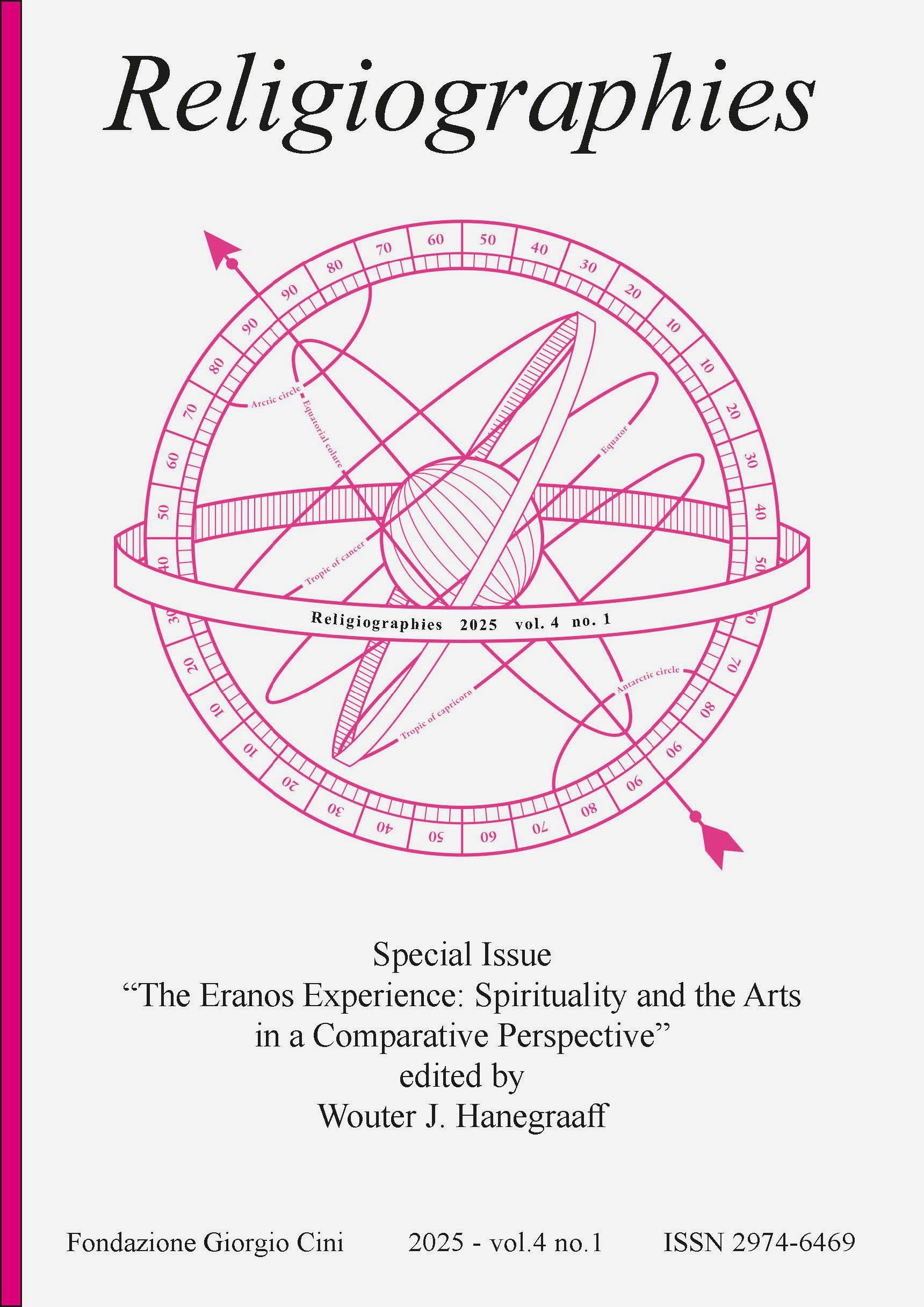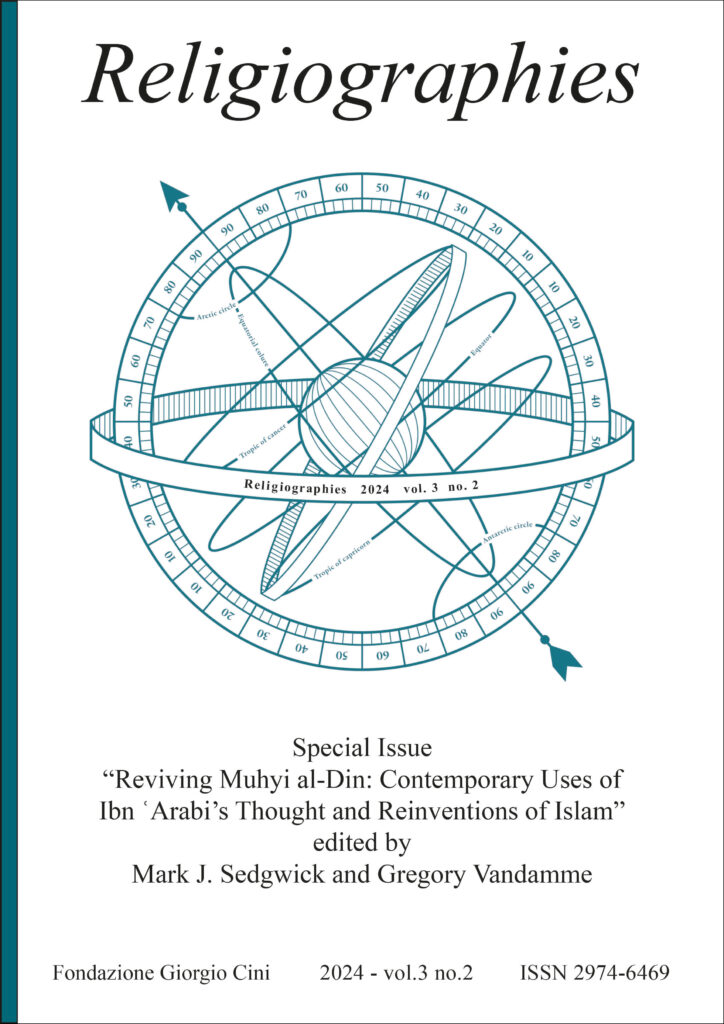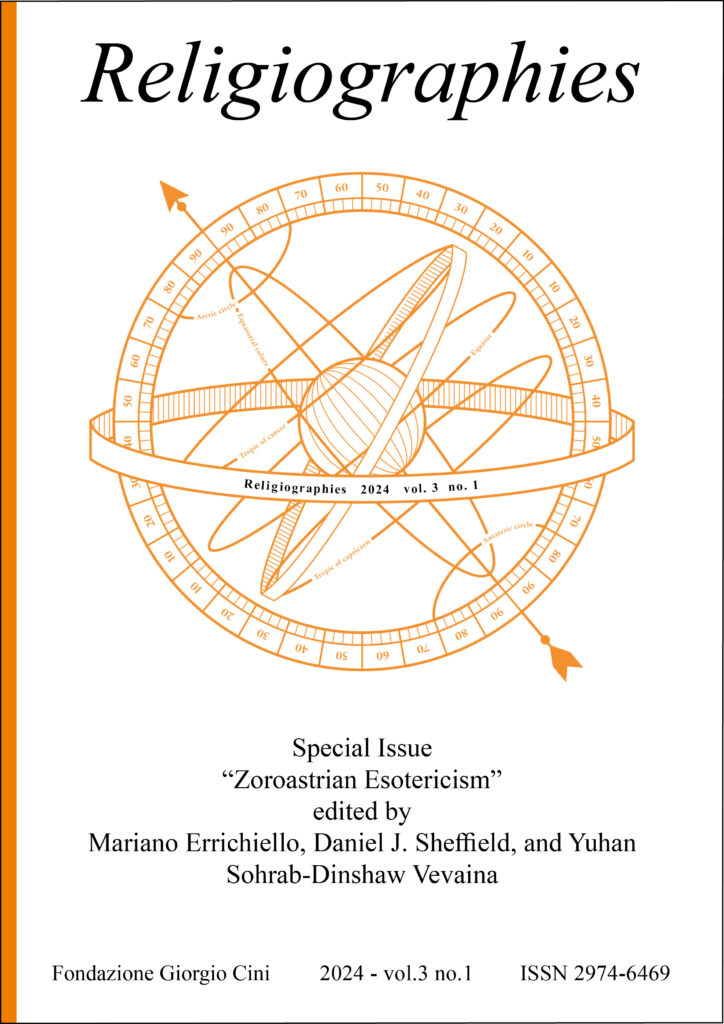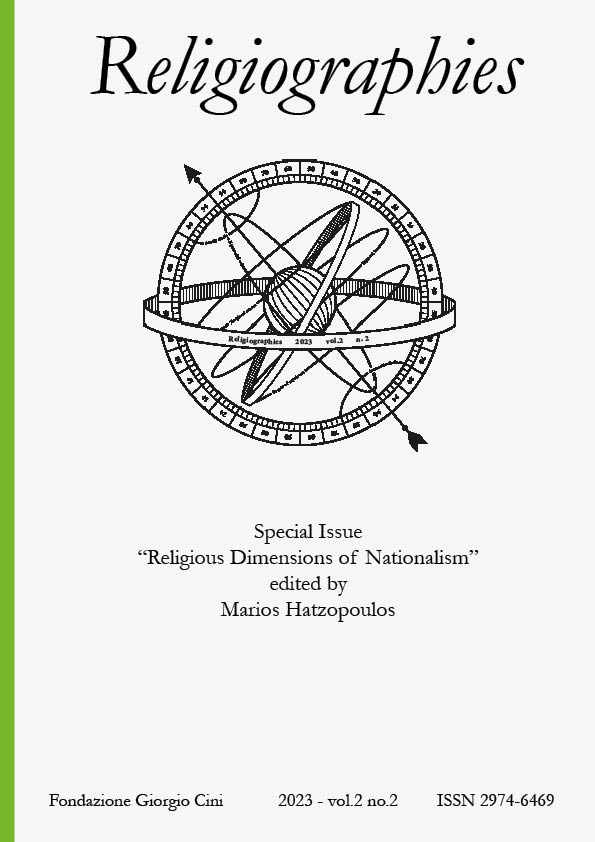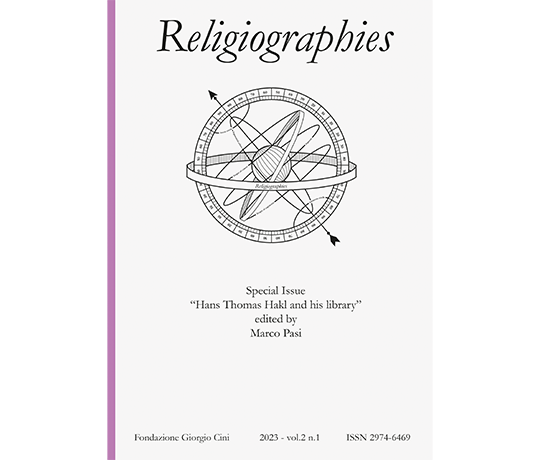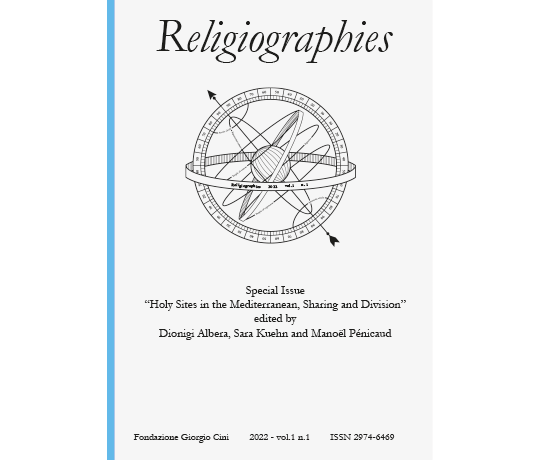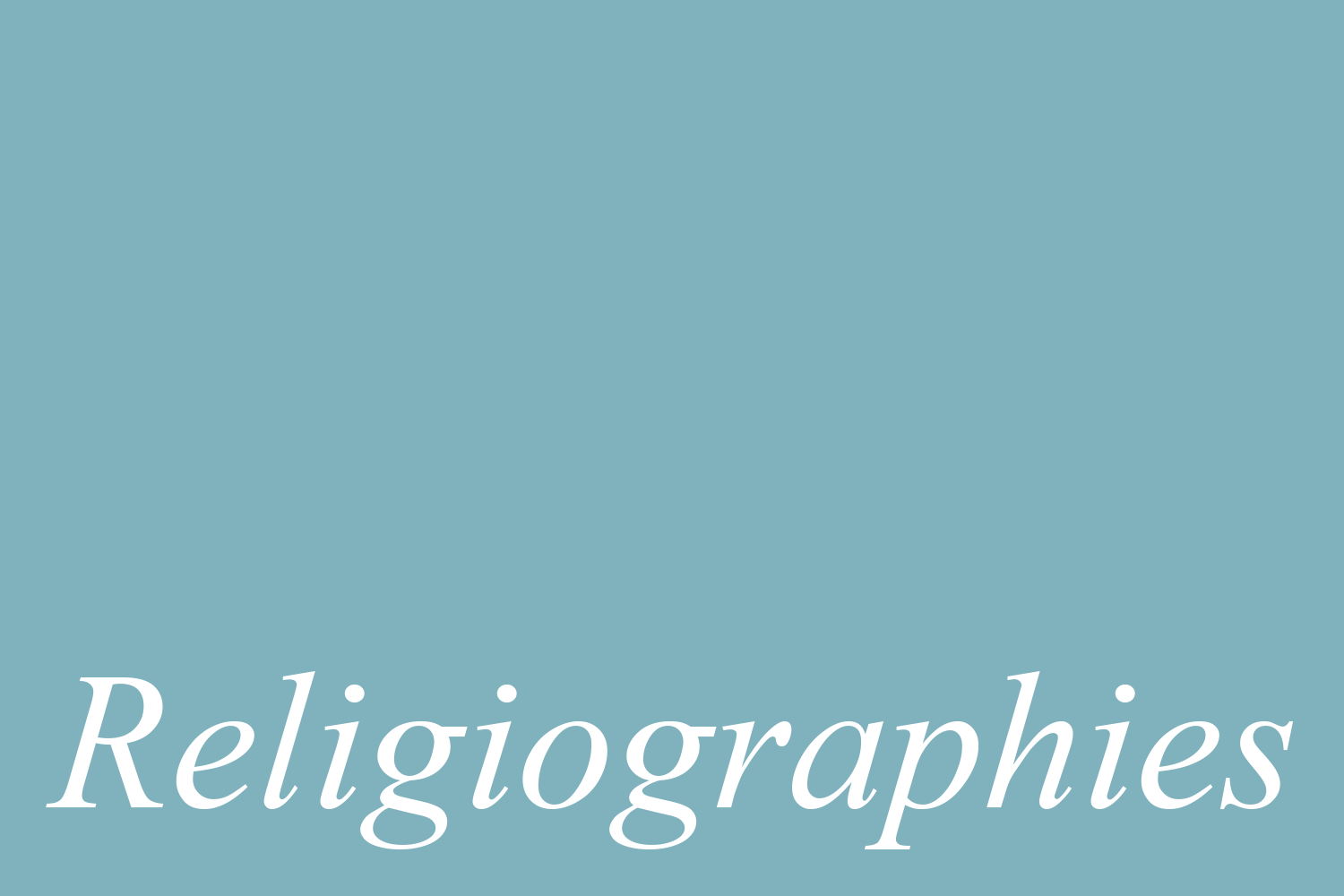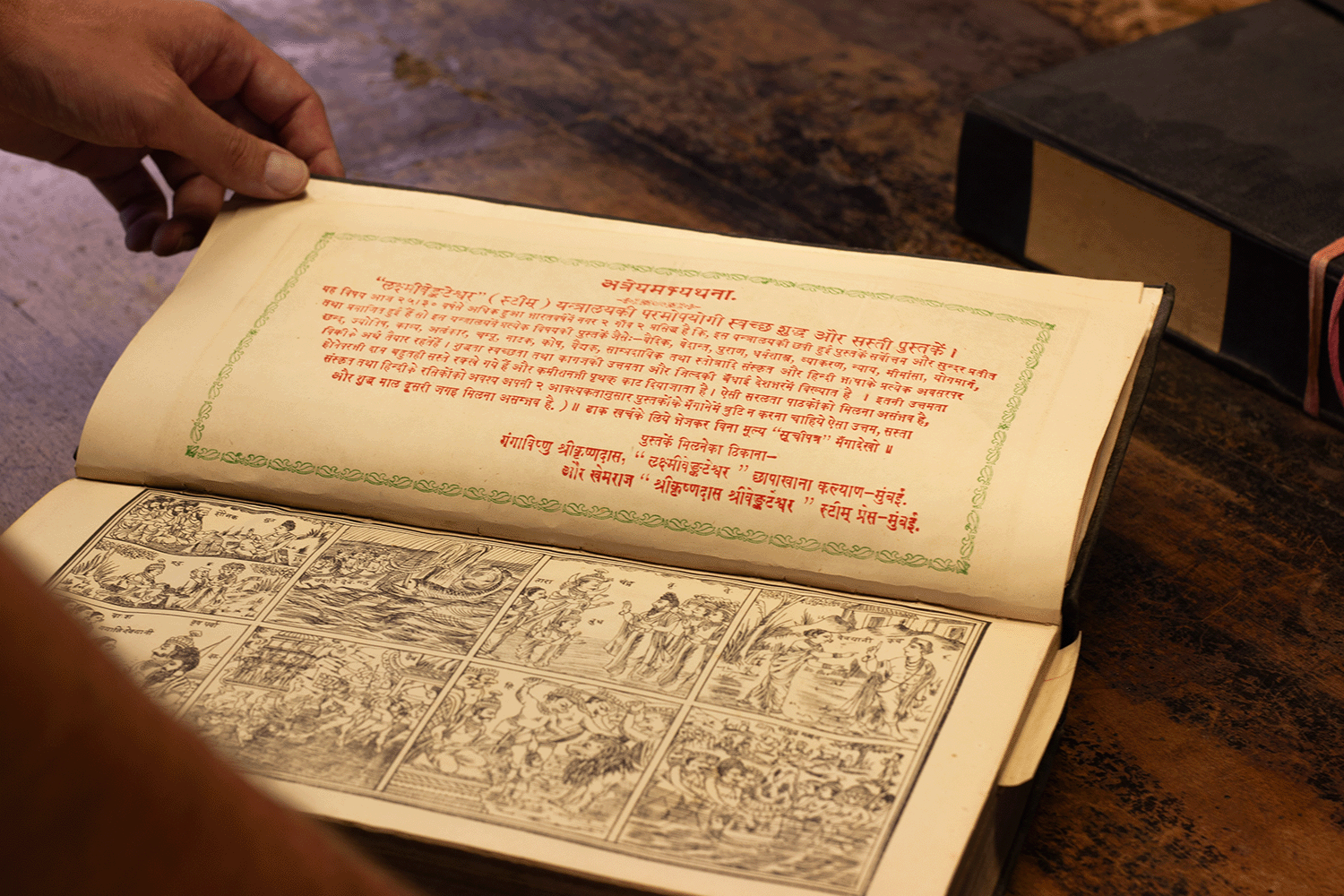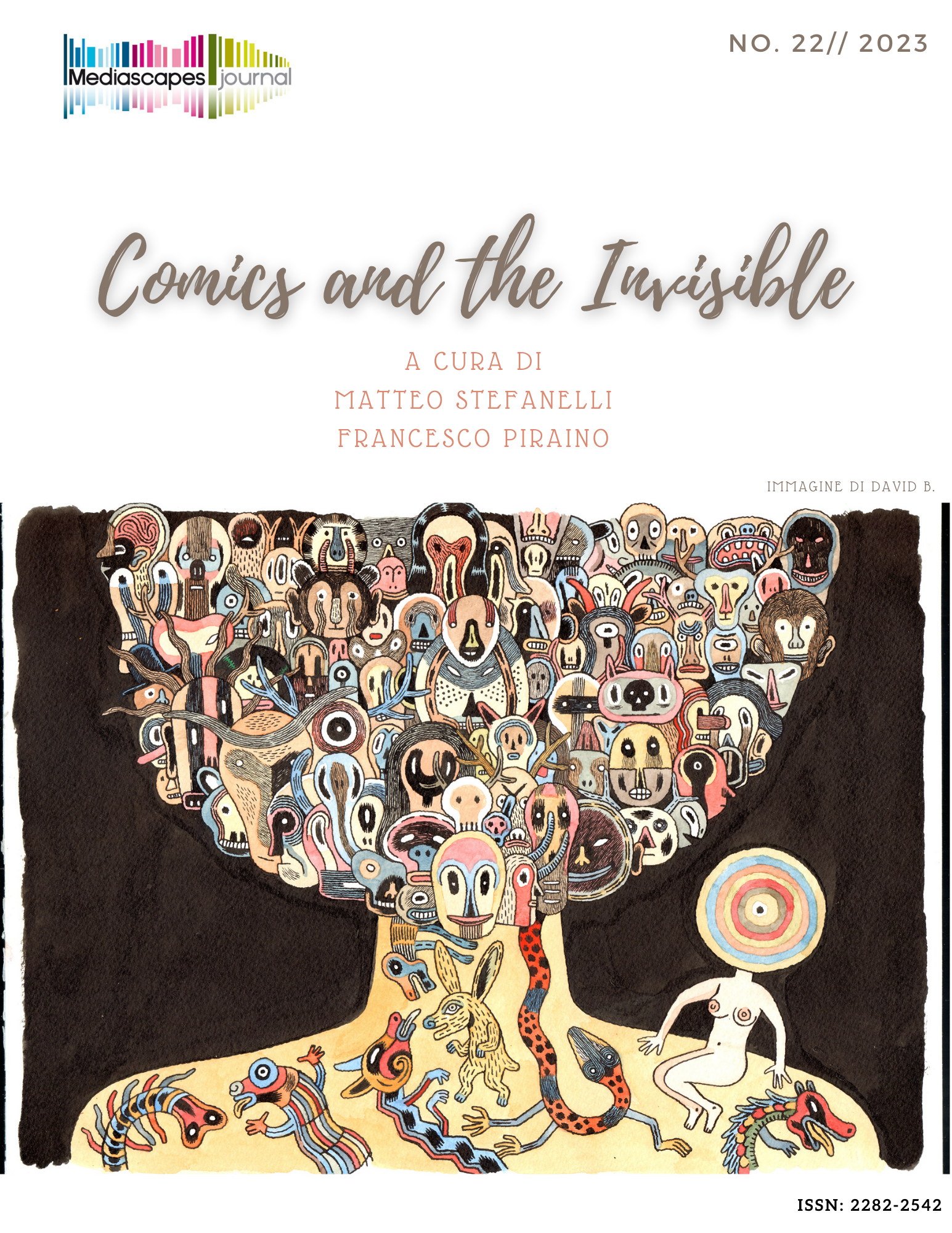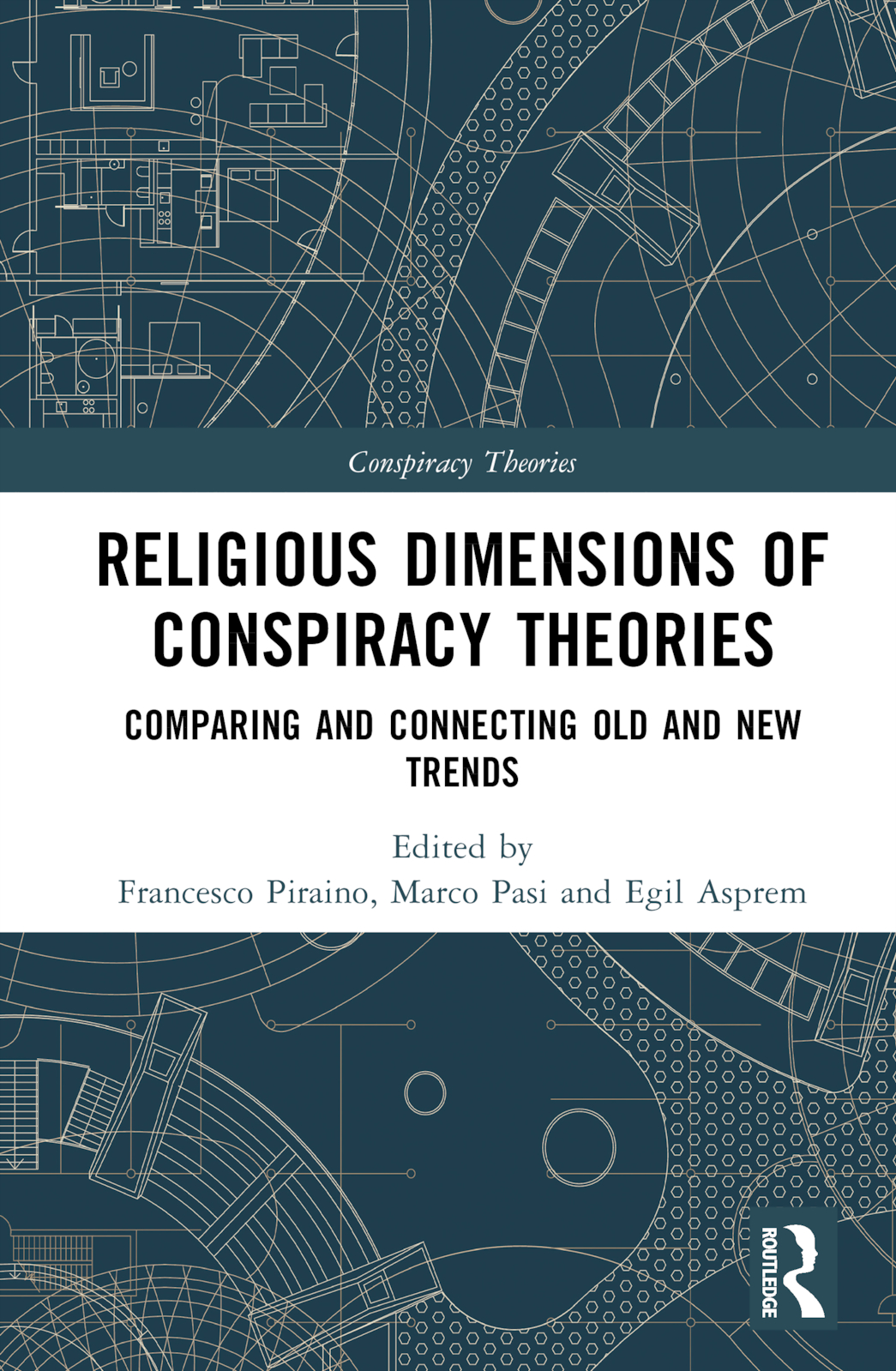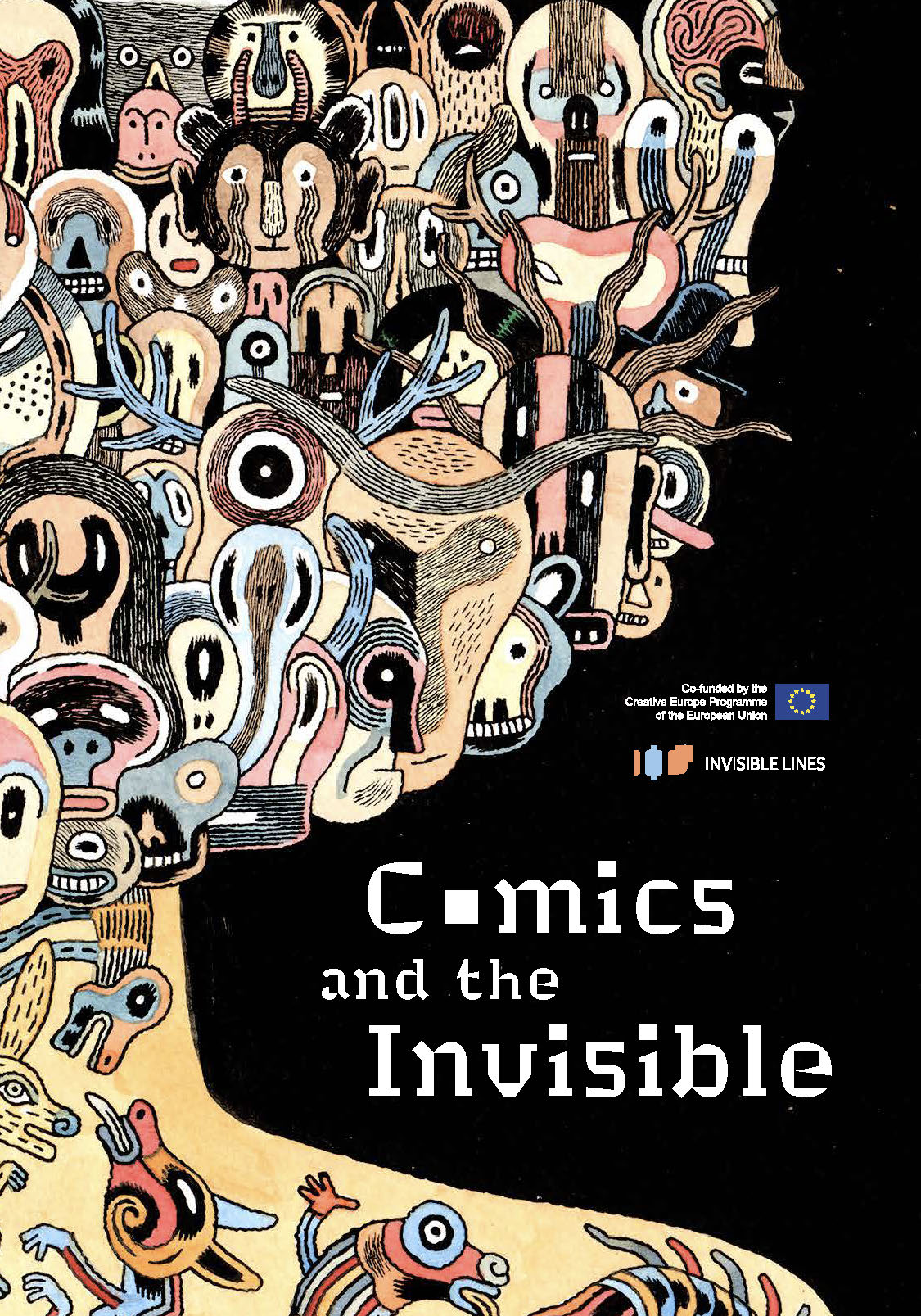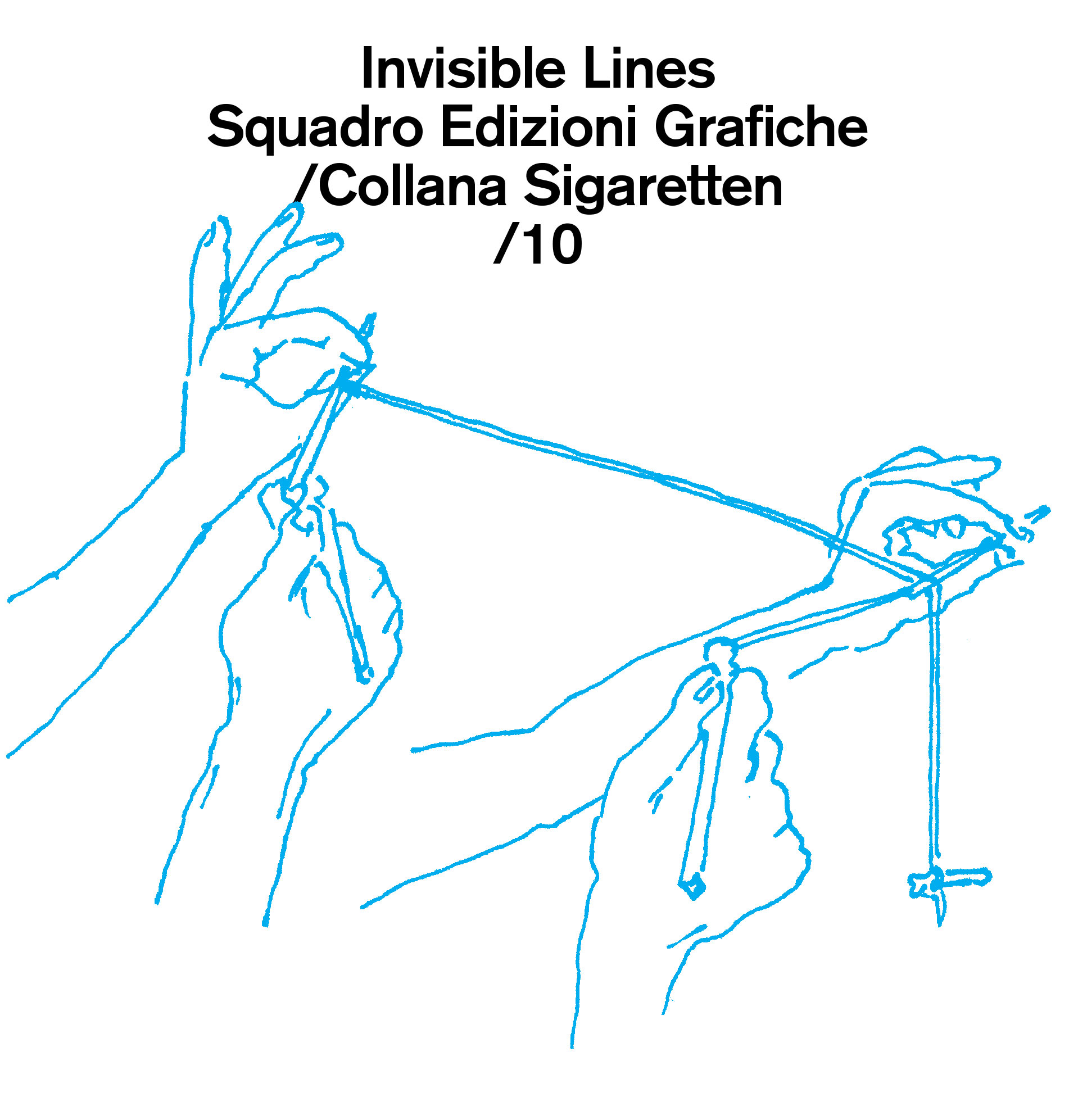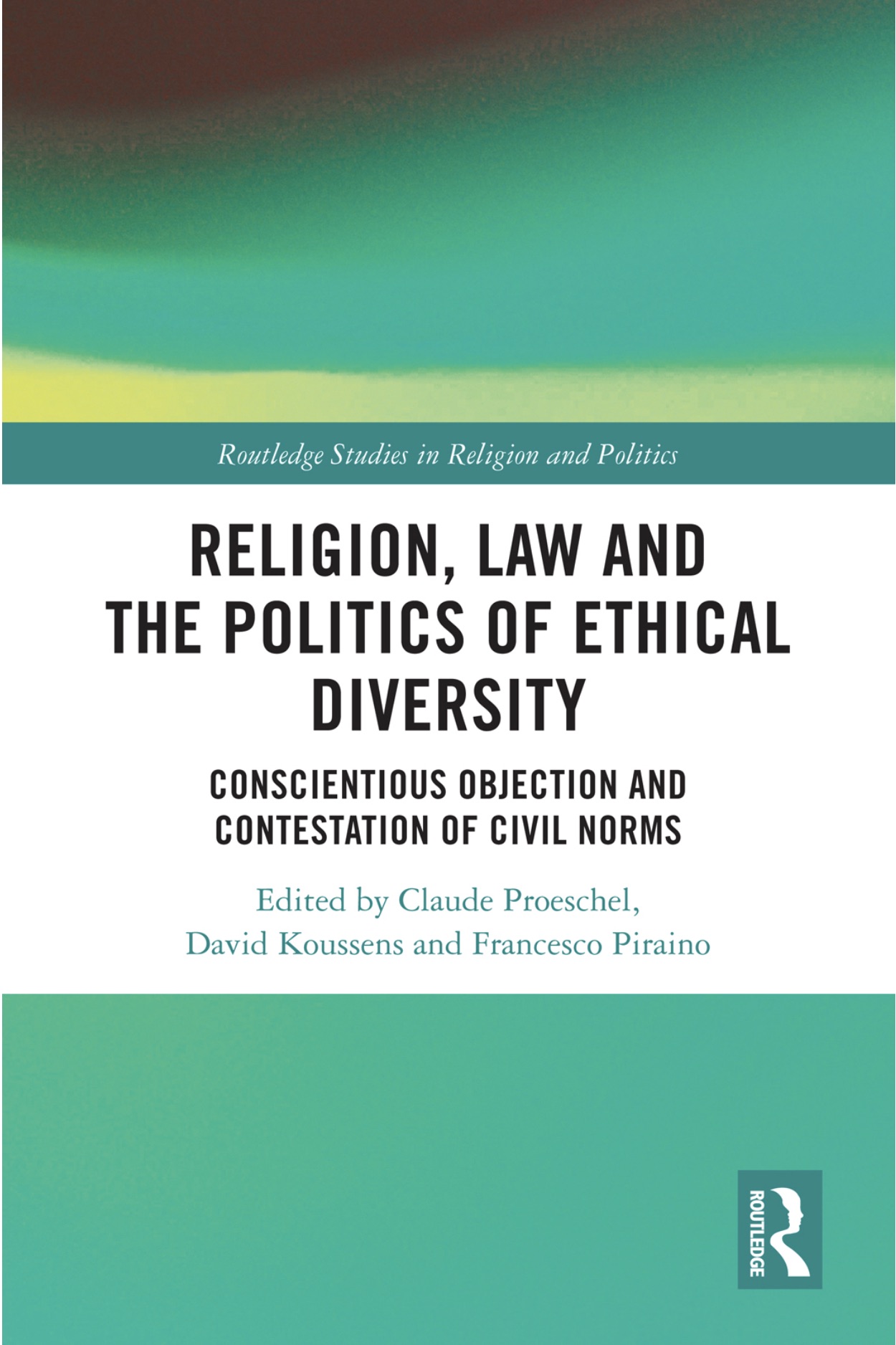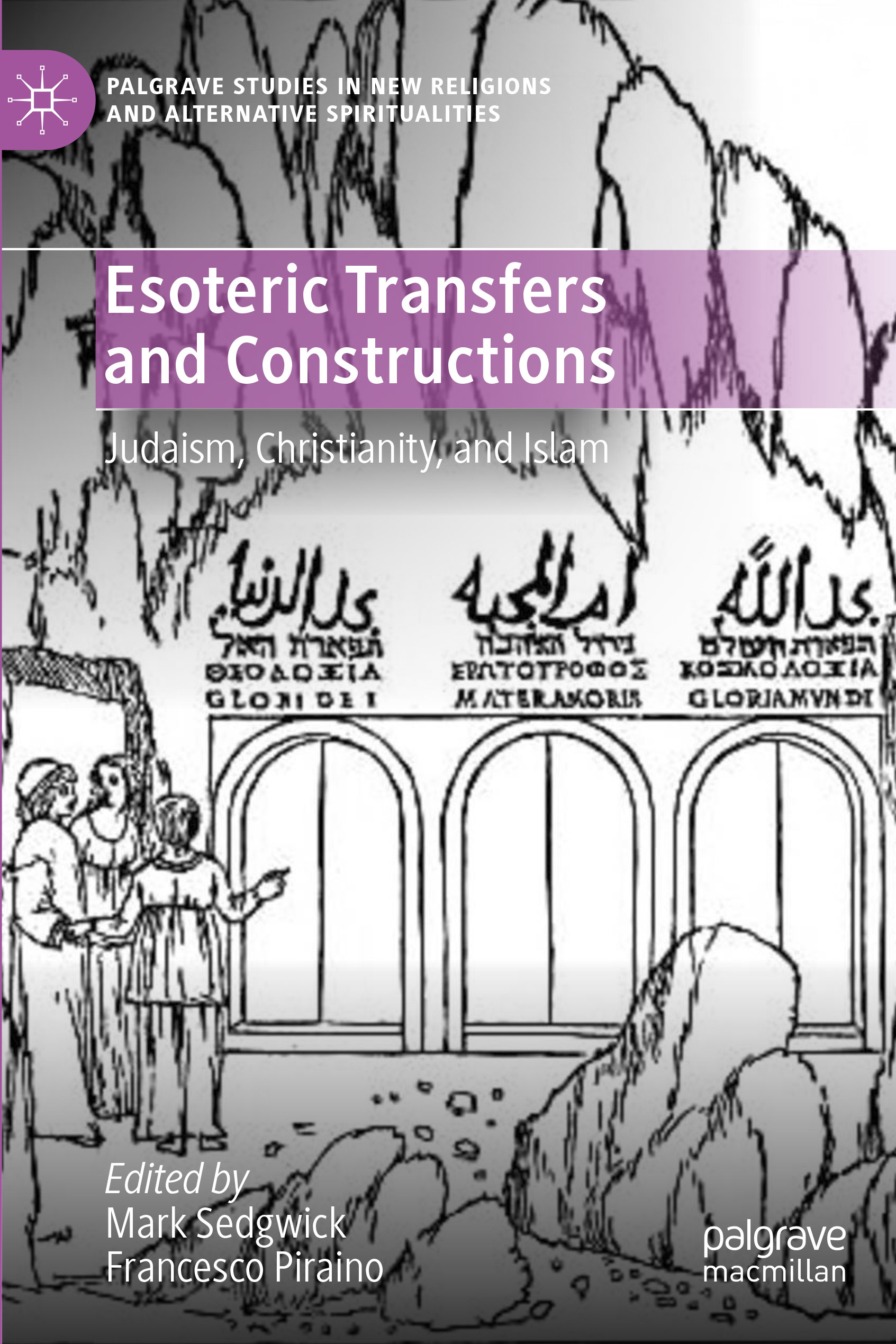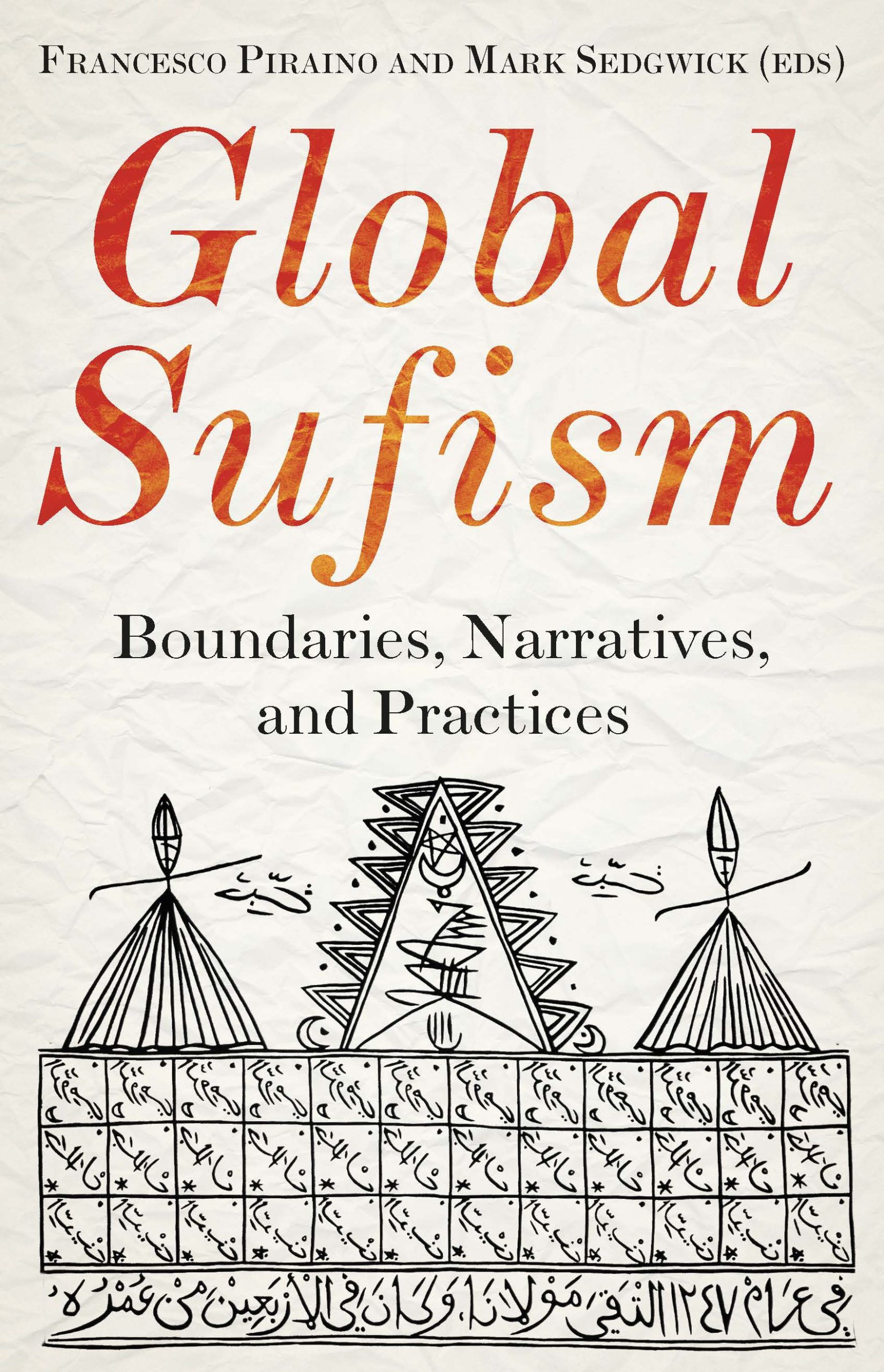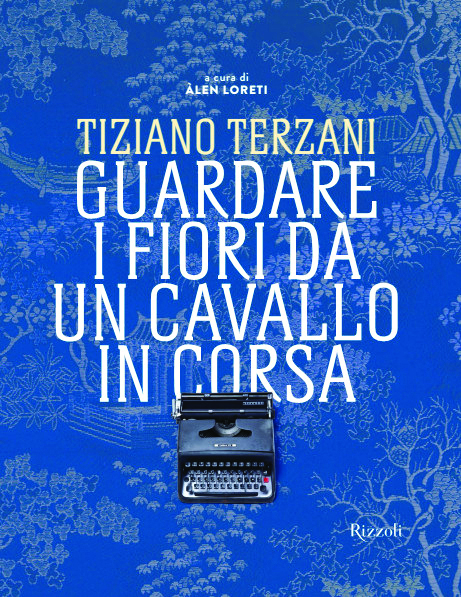Centre for Comparative Studies of Civilisations and Spiritualities
The Centre is the natural evolution of the Venice and the East Institute, established in 1958 as an autonomous section of the Centre for Culture and Civilisation. The idea of founding the Institute arose in alignment with UNESCO’s East and West programme, which views Venice as a historical crossroads between North and South, and East and West. The Institute is equipped with a library that currently holds over 40.000 volumes, continuing to expand.
The initial focus of the Venice and the East Institute, led by historian, orientalist, and diplomat Giuliano Bertuccioli, centred on India, China, and Japan, with particular attention to Buddhist religion. During this period, distinguished lectures (with associated publications) and significant exhibitions were organised, including those dedicated to Indian miniatures (1959), Japanese prints from the Ukiyo school (1961), and Islamic miniatures from the 14th to 19th centuries (1962), the latter of which toured Tehran, Tokyo, and Osaka.
In 1964, the Institute underwent a period of reorganisation. The Foundation aimed to concentrate on the Near East (Byzantine, Slavic, and Islamic worlds), beginning with its historical relationship with the Serenissima. A rich editorial output accompanied the Institute’s activities, collected in the Orientalia Venetiana series published by Leo S. Olschki in Florence from 1984 to 2005. During the 1970s and 1980s, the focus shifted to Eastern Europe. Amidst the Cold War, the Foundation played an original and significant role in cultural diplomacy, leading to the creation of a new Institute, Venice and Europe, which was active from 2001 to 2006.
In 2017, the decision was made to establish the current Centre for Comparative Studies of Civilisations and Spiritualities, shifting the focus from an Orientalist approach to the socio-anthropology of religion and culture, exploring new ideas, expanding contacts, and adopting new practices. Today, the Study Centre’s library houses several specialised collections focused on Eastern culture, with an emphasis on the great spiritual traditions of both East and West. Notable collections include those of Alain Daniélou, Tiziano Terzani, and Giovanni Vacca. Furthermore, thanks to the Daniélou Bequest, the Centre holds an extensive collection of manuscript copies of sacred musicological treatises from Indian traditions and books useful for the study of traditional philosophy. The library also specialises in journals dedicated to the comparative study of cultures, which the Fondazione Giorgio Cini is committed to updating annually. A further invaluable resource is the Beijing Imperial Library microfilm archive.
Since 2017, the Centre has been directed by Francesco Piraino.
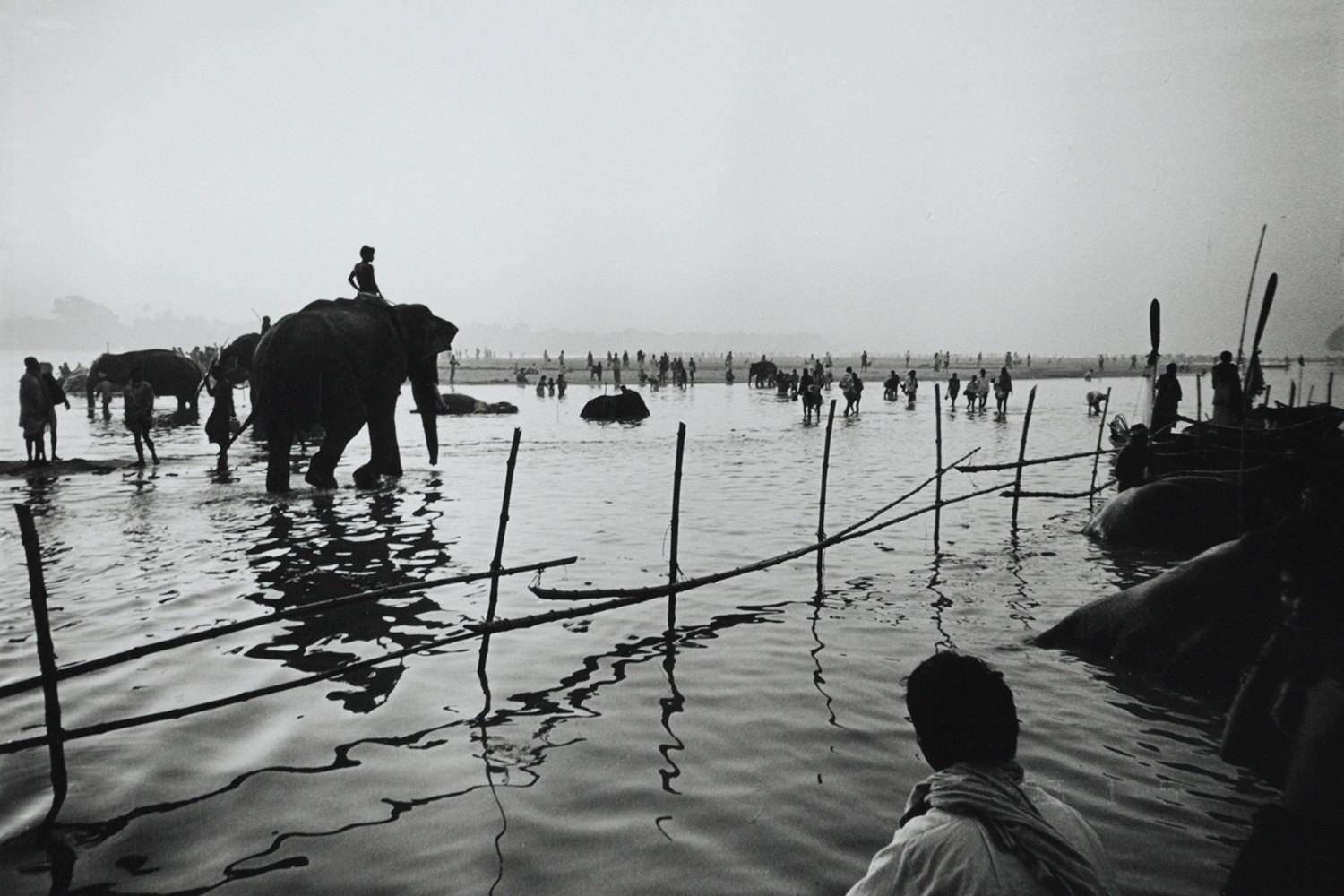
Photographic positive, undated, Tiziano Terzani Archive. © Fondazione Giorgio Cini
A comparative approach to different cultures, religions, and spiritualities: multidisciplinary study and research serve as a means of promoting dialogue between civilisations, fostering the exchange and comparison of political, theoretical, and aesthetic experiences.
TIZIANO TERZANI ARCHIVE
The archive of the renowned Italian journalist and writer Tiziano Terzani offers a previously unpublished portrait of the famous reporter, drawn from his personal documents.
RELIGIOGRAPHIES
Religiographies is an open-access, peer-reviewed journal dedicated to the field of religious studies. With an interdisciplinary approach, it fosters dialogue between historians, sociologists, anthropologists, philosophers, and psychologists on three main themes: mysticism, esotericism, and spirituality. The journal does not limit itself to alternative spiritualities but explores them within their cultural and historical contexts, questioning traditional categories of religion. It also includes a section titled heterographies, which focuses on artistic and visual works.
LIBRARY
The Library of the Comparative Studies of Civilisations and Spiritualities houses several collections specialising in Eastern culture, with a particular emphasis on the great spiritual traditions of both the East and the West. Notable among these are the collections of Alain Daniélou, Tiziano Terzani, and Giovanni Vacca. Additionally, thanks to the Daniélou Bequest, the Centre preserves an extensive collection of manuscript copies of sacred musicological treatises from Indian traditions, as well as books essential for the study of traditional philosophy. The library is also highly specialised in journals focused on the comparative study of cultures, which the Fondazione Giorgio Cini ensures are updated annually. Another invaluable resource within the collections is the Beijing Imperial Library microfilm archive.
The Study Centre's research
Research Themes
- Mysticism, esotericism, spirituality, and popular religion are elusive concepts that, as Michel de Certeau asserts, challenge the epistemology of contemporary social sciences. We encourage interdisciplinary research on these themes, integrating philosophical reflections, social sciences, and theology. Scholars are invited to utilise the Centre’s library, which houses an extensive collection on Orientalism, colonial literature, exotericism, and comparative religions.
- The boundaries between science and religion are often indistinct. Several 20th-century historians, Orientalists, and psychoanalysts, such as Mircea Eliade, Henry Corbin, and Carl Gustav Jung, have been referred to as ‘religionists’; in their work, they interwove conceptions and experiences of the sacred with historical and scientific descriptions. A movement within new religious movements and New Age culture, known as ‘Quantum Mysticism,’ has appropriated the narratives of the natural sciences. In contrast, the ‘ontological turn’ described by contemporary anthropology suggests the possibility of other realities and dimensions. We invite scholars to investigate the intersections between science, culture, and religion.
- The relationship with the Other. Almost every religion faces otherness, and problematises the border between ‘us’ and ‘them’. These borders could be cultural, ethnic, linguistic, or linked to sexual orientation and gender identity. We invite scholars to engage in discussions regarding religious boundaries. How is the Other perceived? Who is considered the infidel? How do these borders shift in response to political and social contexts?
- Between New and Old Age. The social sciences have sought to describe changes in religious practices in contemporary societies through the use of new categories, such as ‘religious modernity’, ‘bricolage’, ‘post-secular’, and ‘New Age’. However, there is a risk of falling into presentism, attributing all the characteristics of religious phenomena to the so-called modern turn. We therefore propose an investigation into the relationship between traditional and contemporary trends within religious phenomena.
- Phenomenology of the Religious Body: Perceptions, Emotions, Sensations, and the Construction of the Body. We invite scholars to explore and analyse the interplay between the body, perception, understanding, and culture in religious contexts.
- Projects dedicated to the study and enhancement of the Tiziano Terzani Archive, donated by his family to the Fondazione Giorgio Cini, which includes personal documents and photographs.

